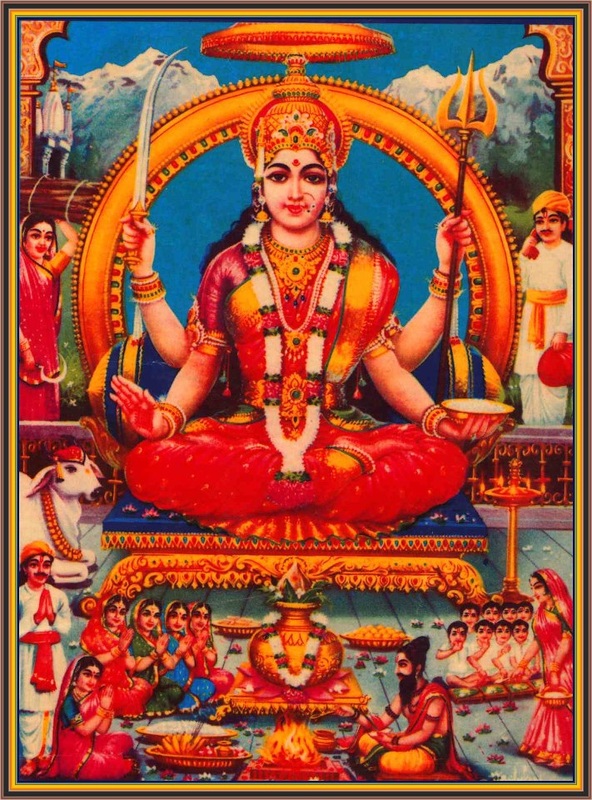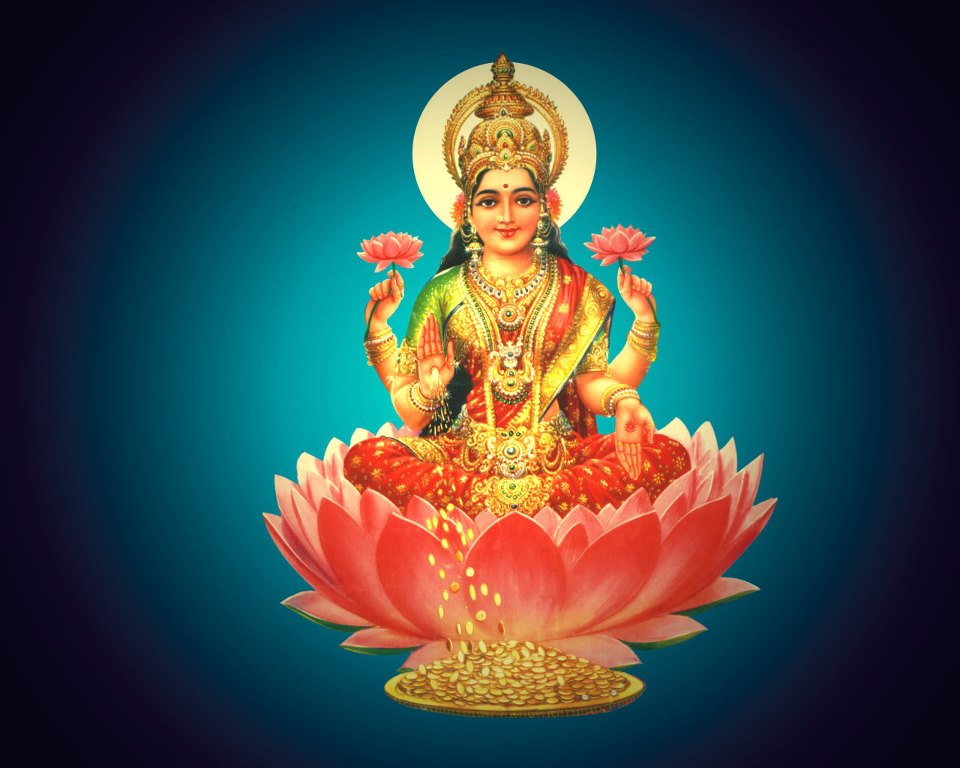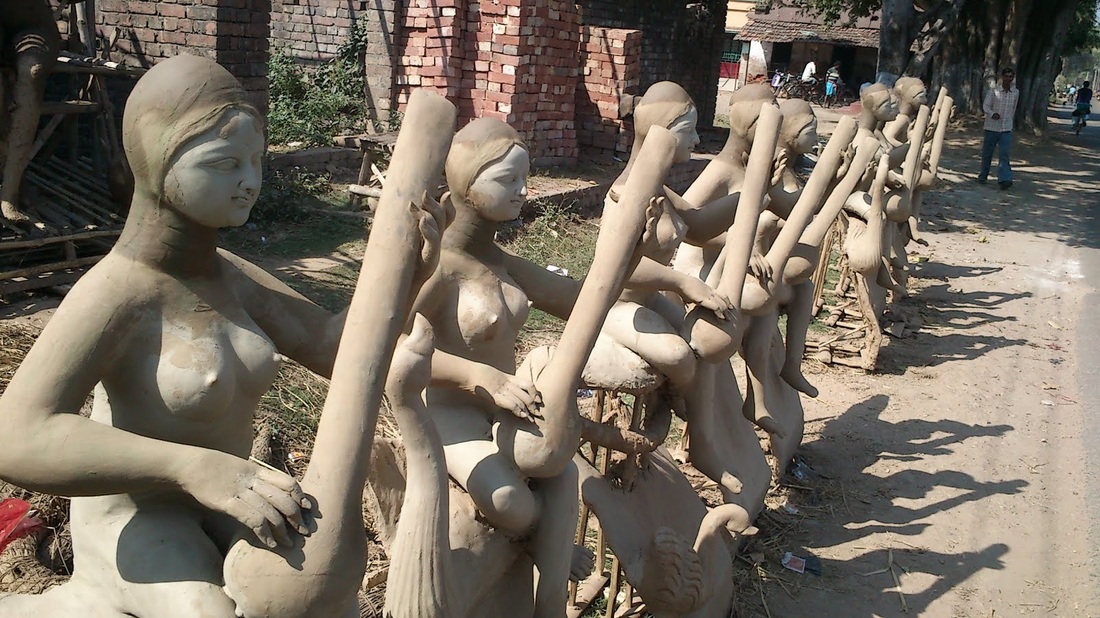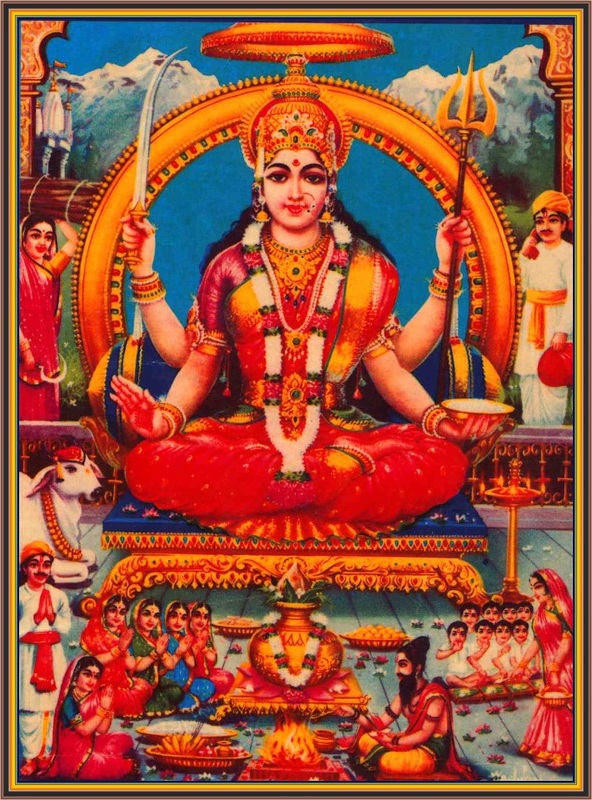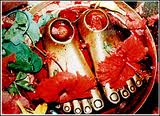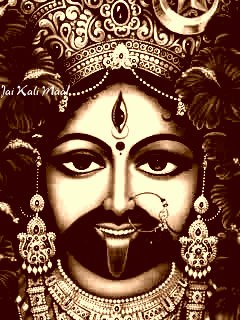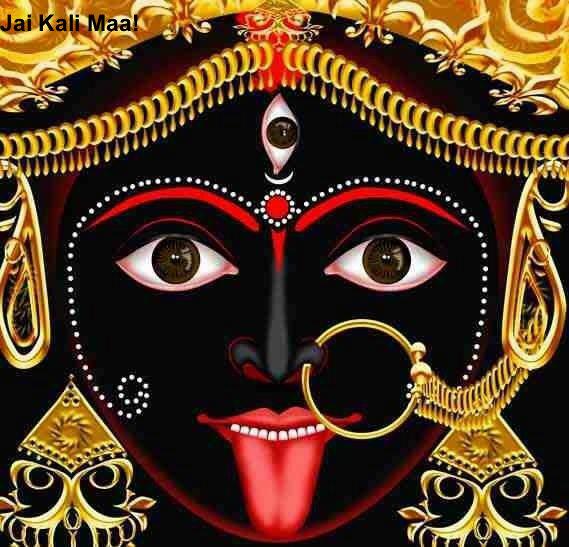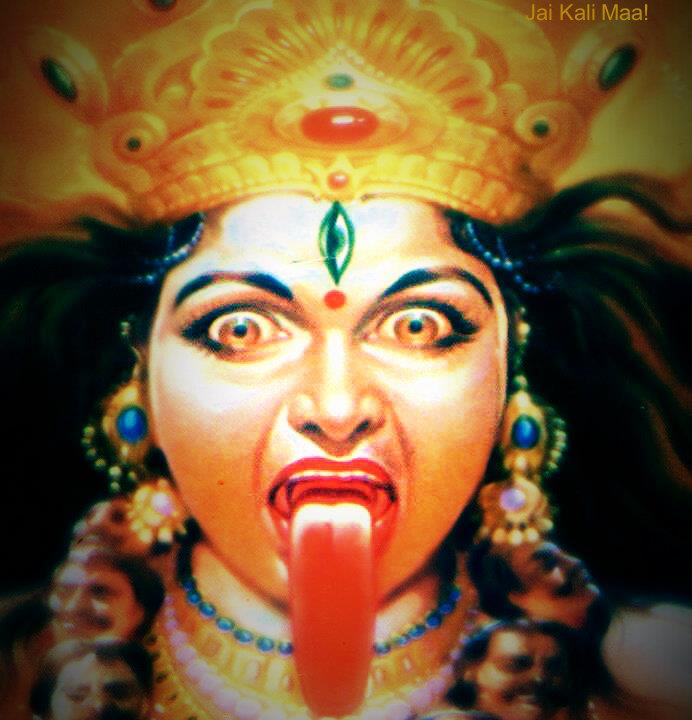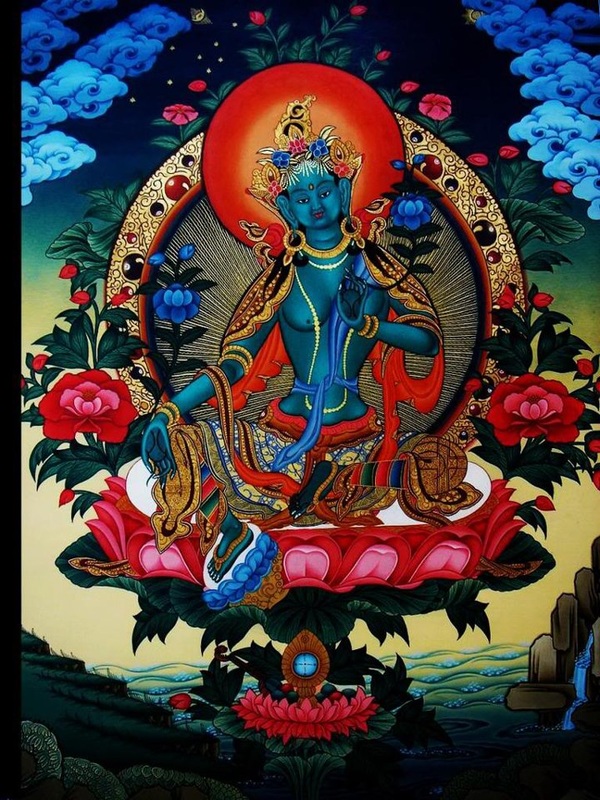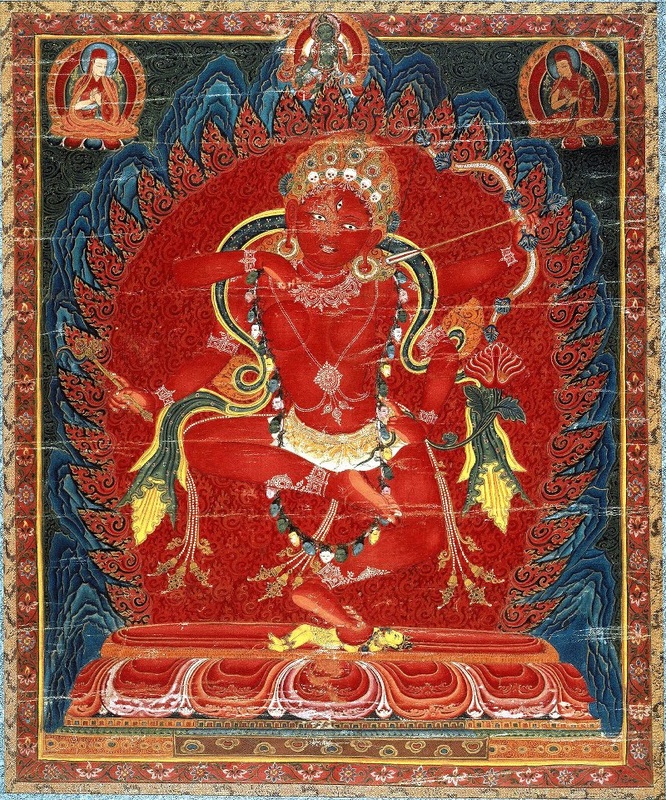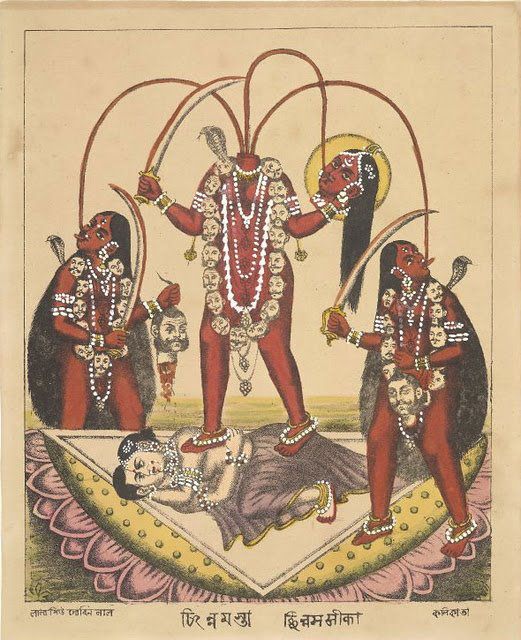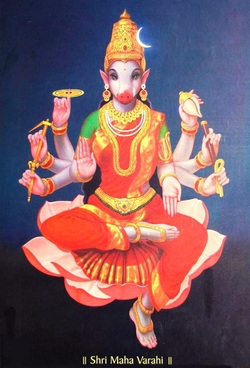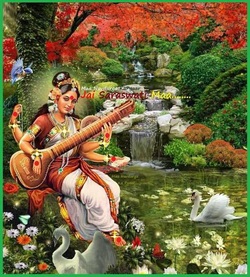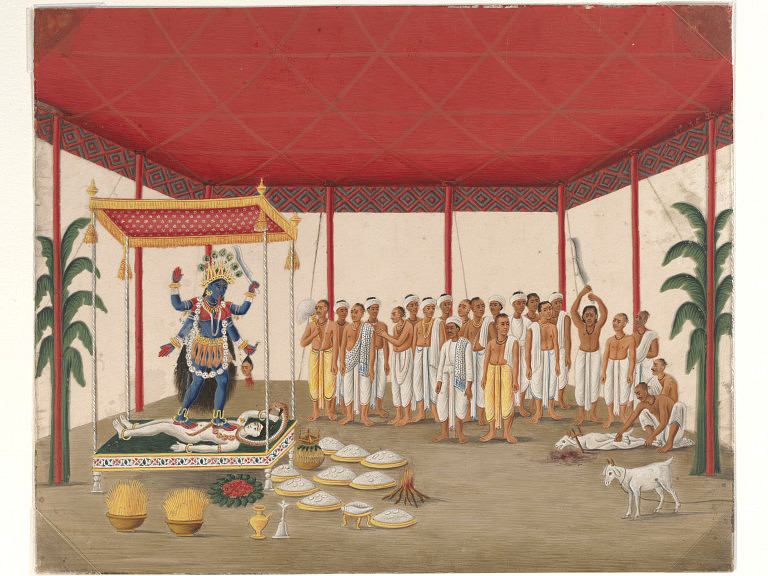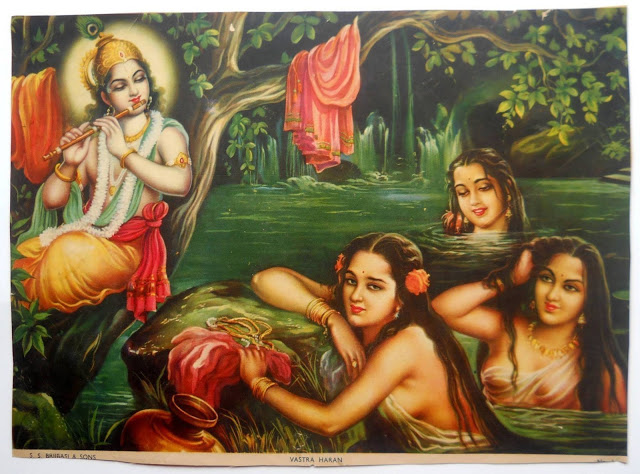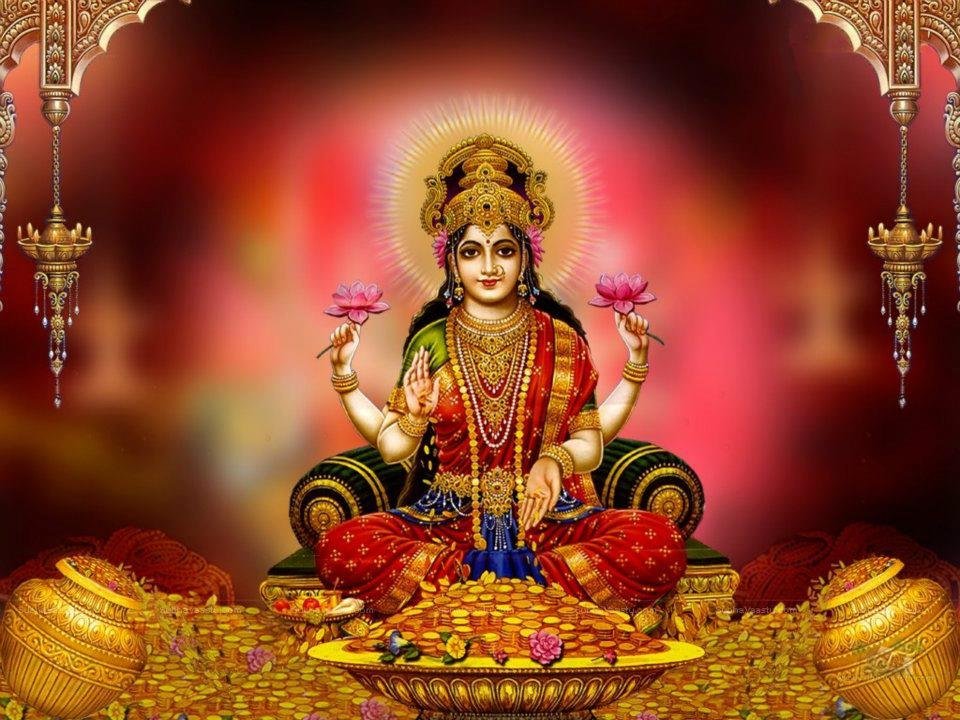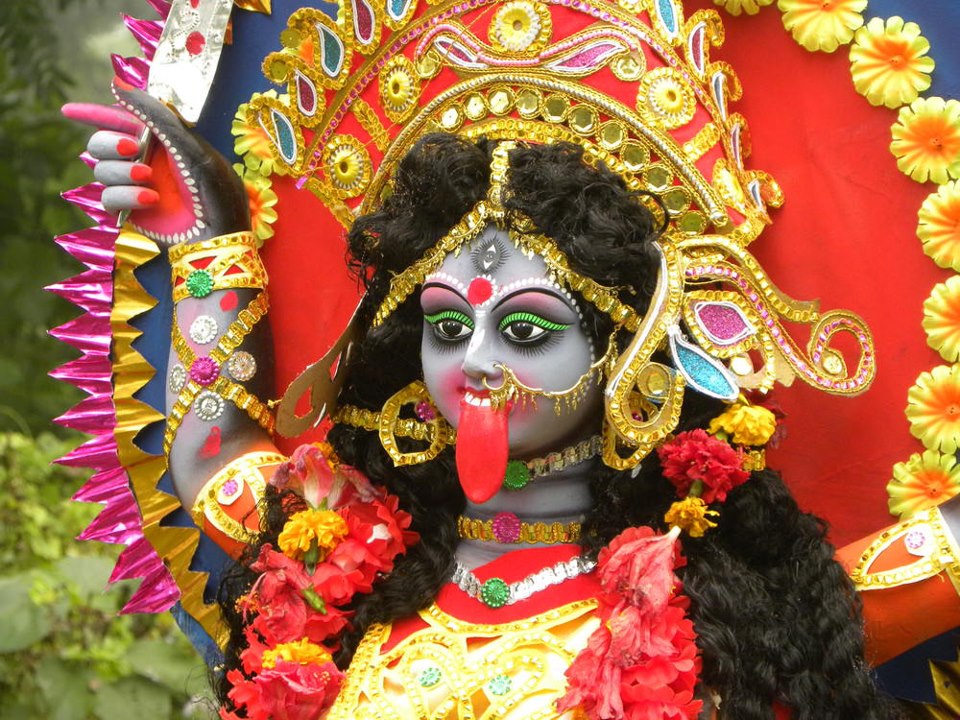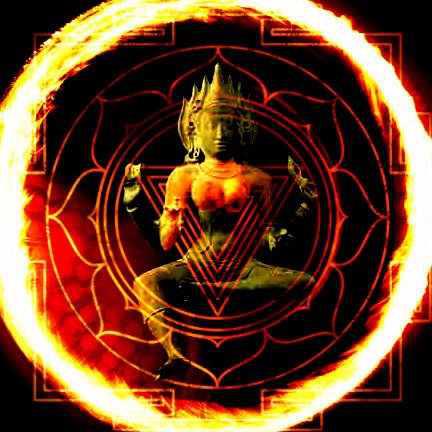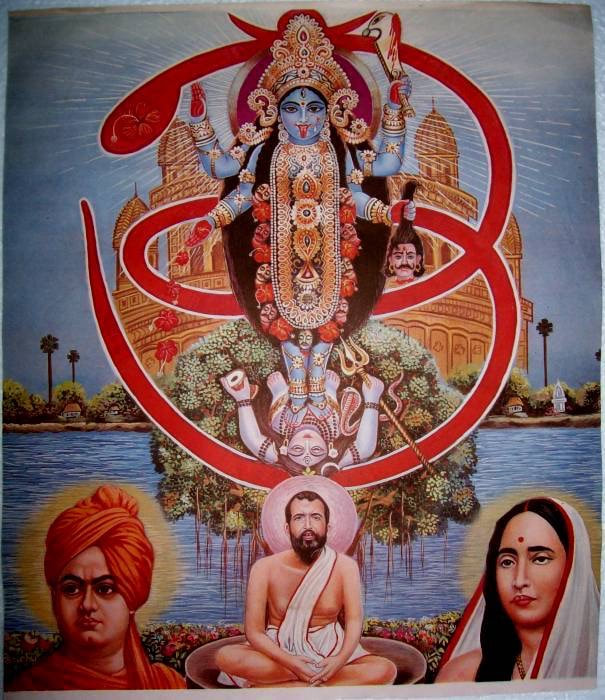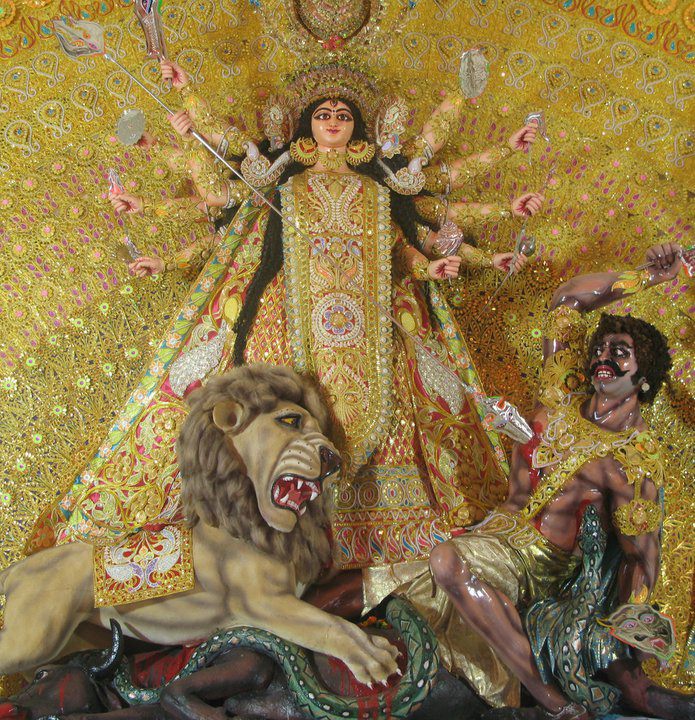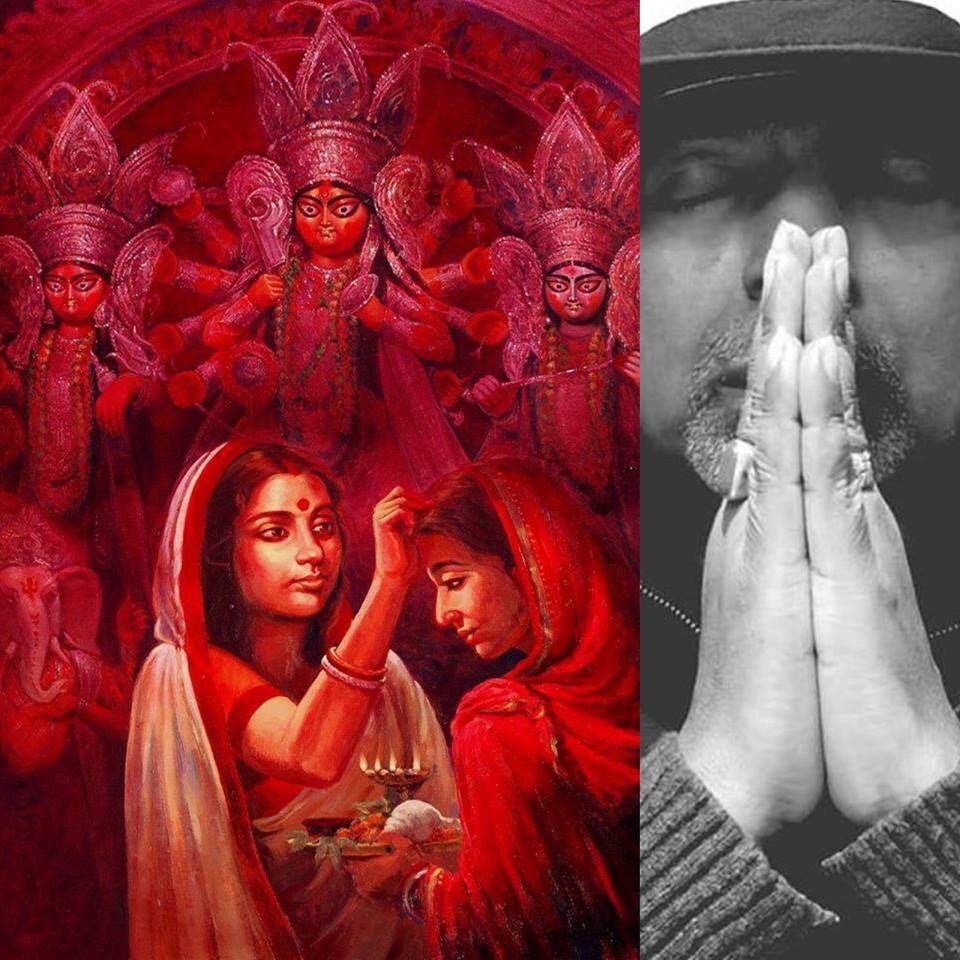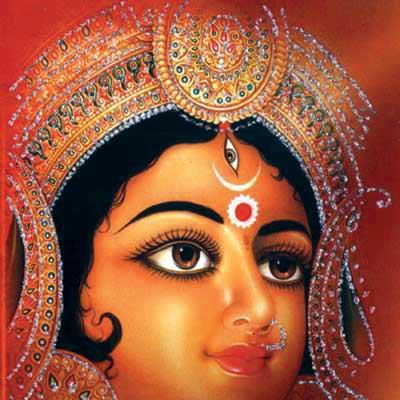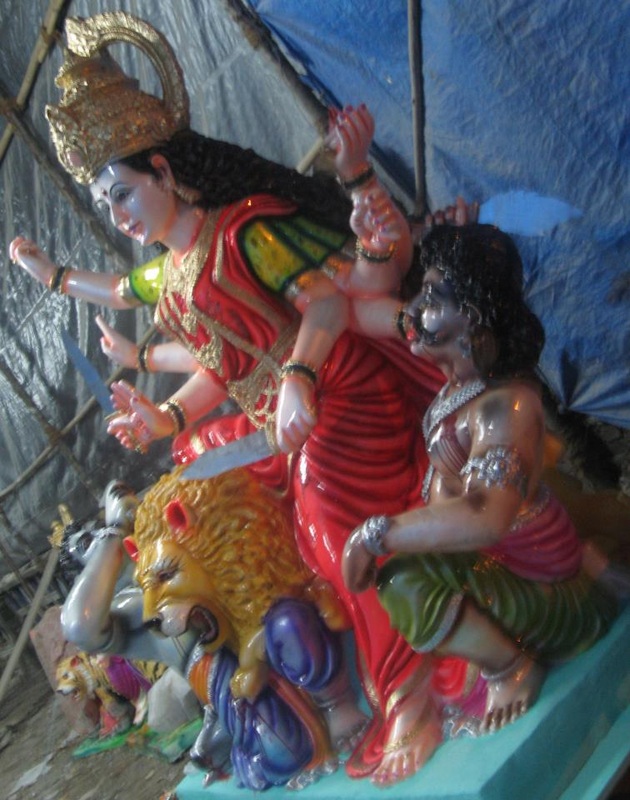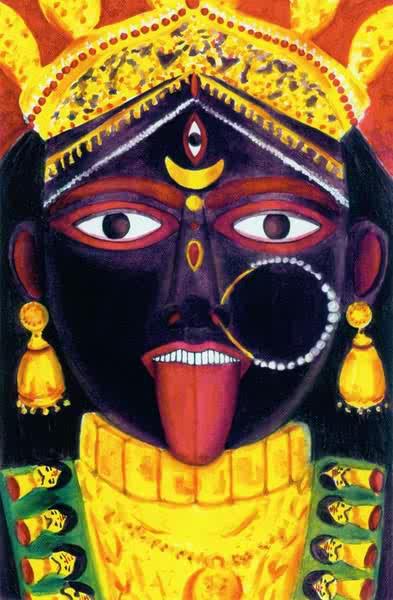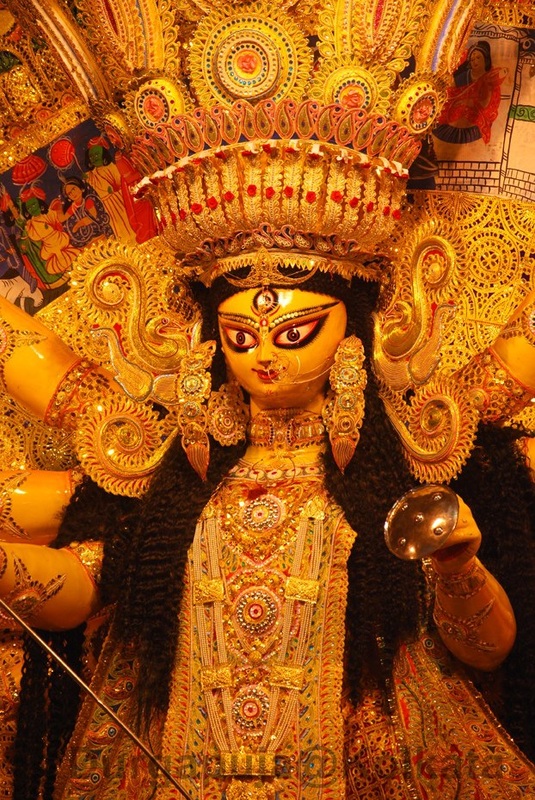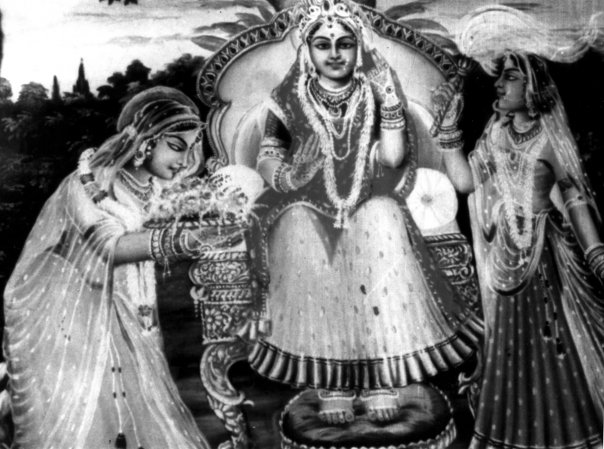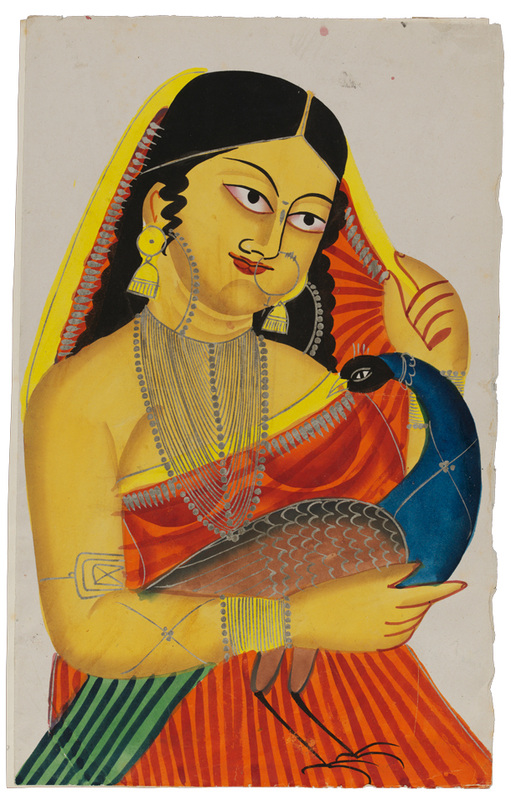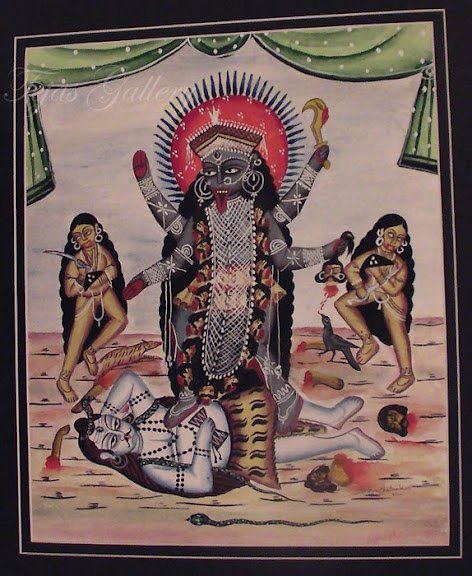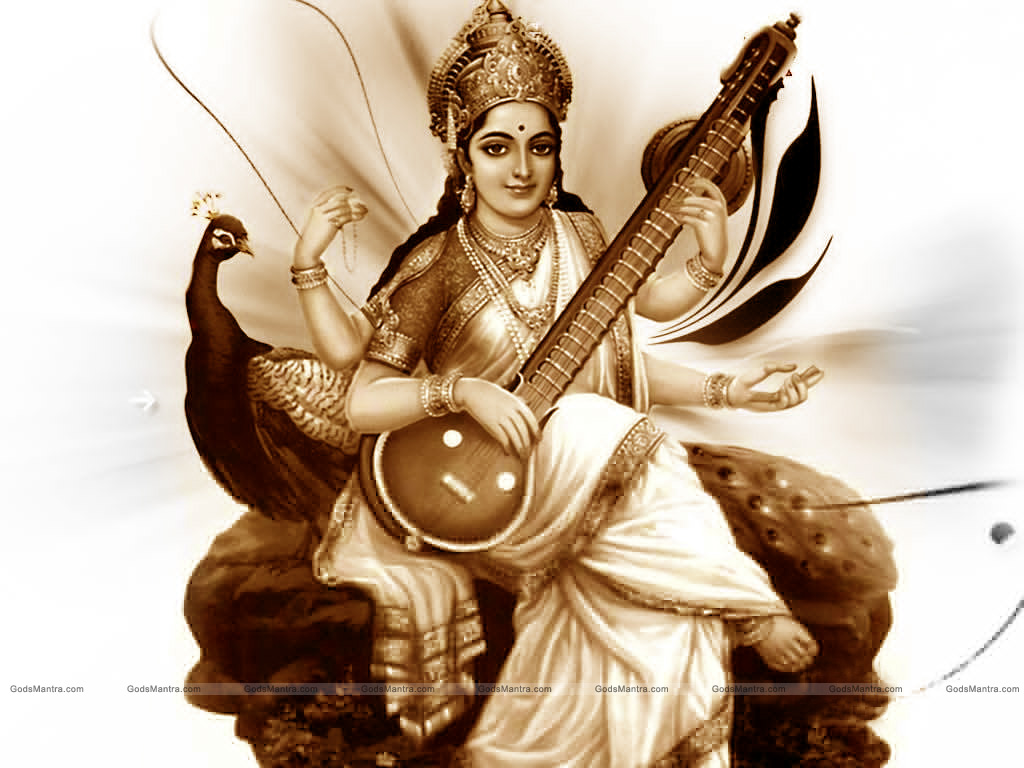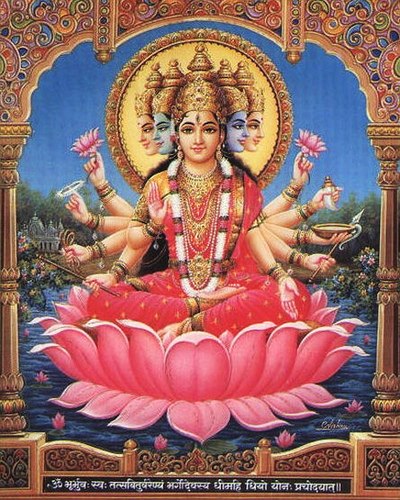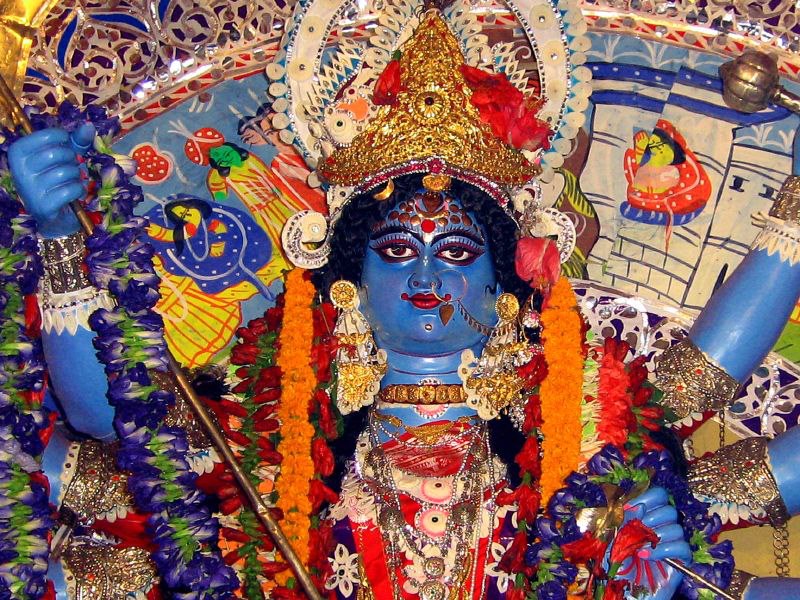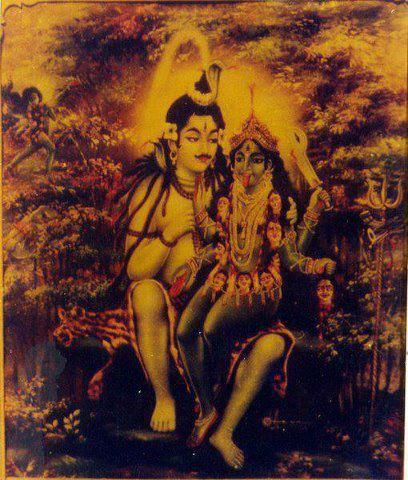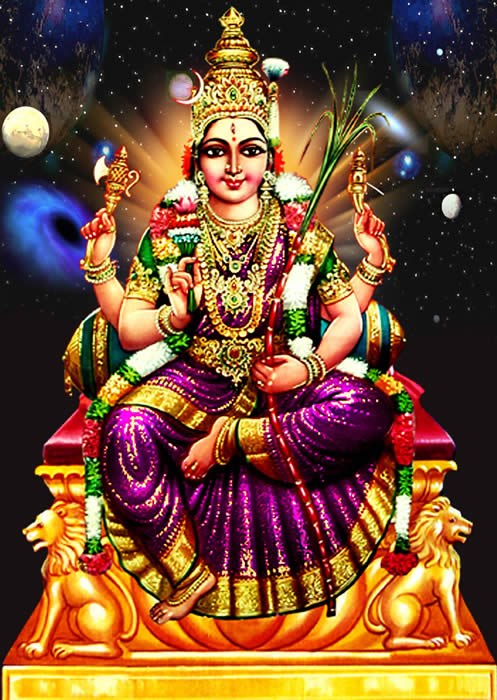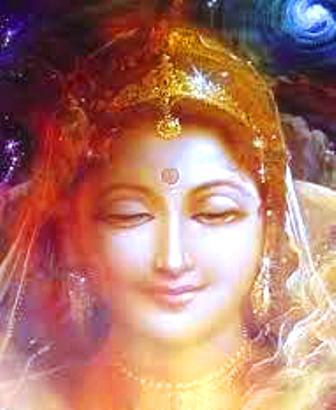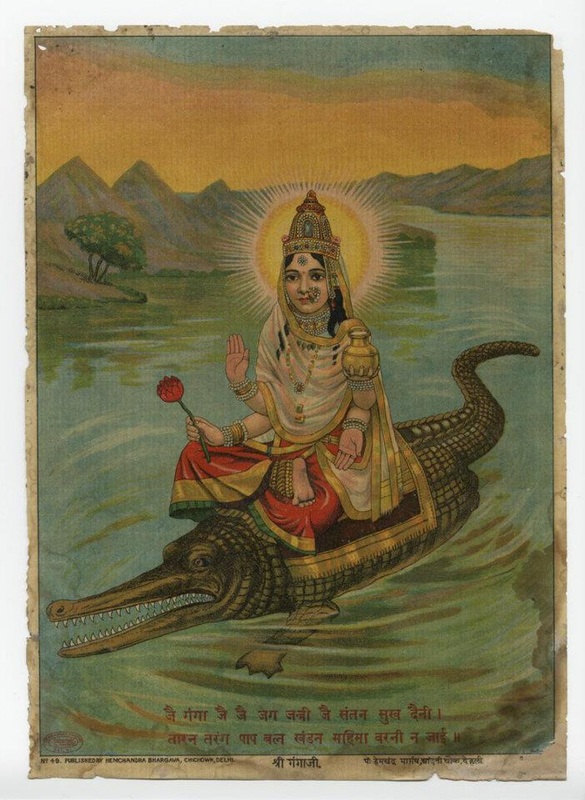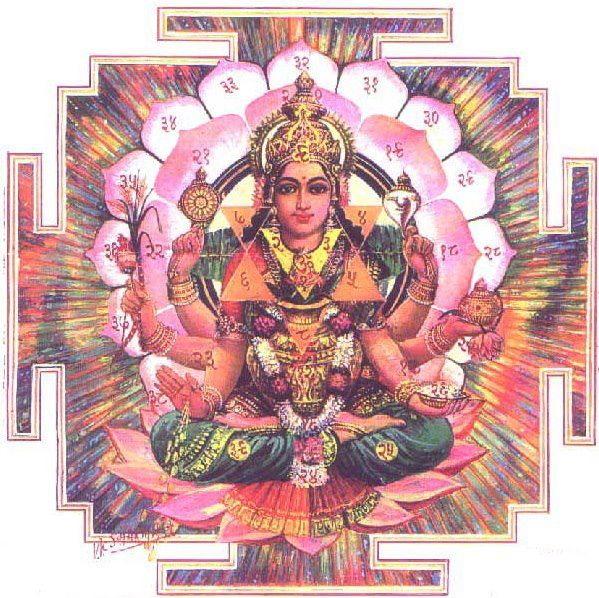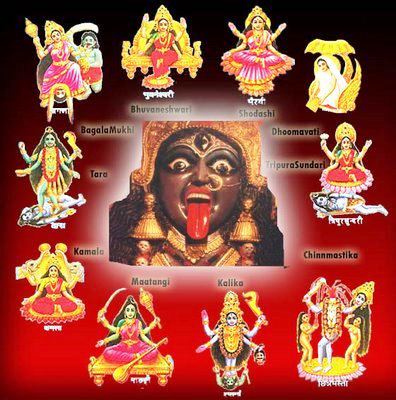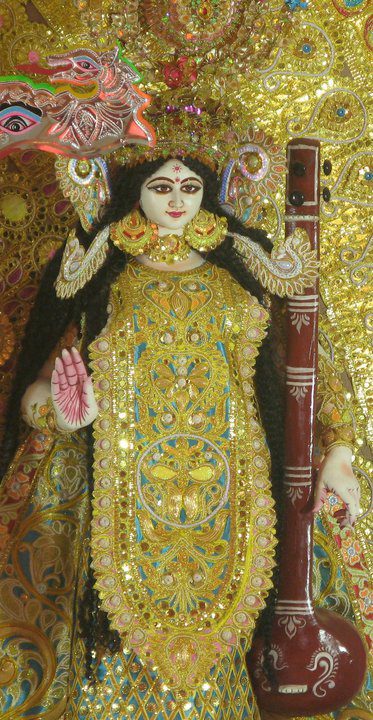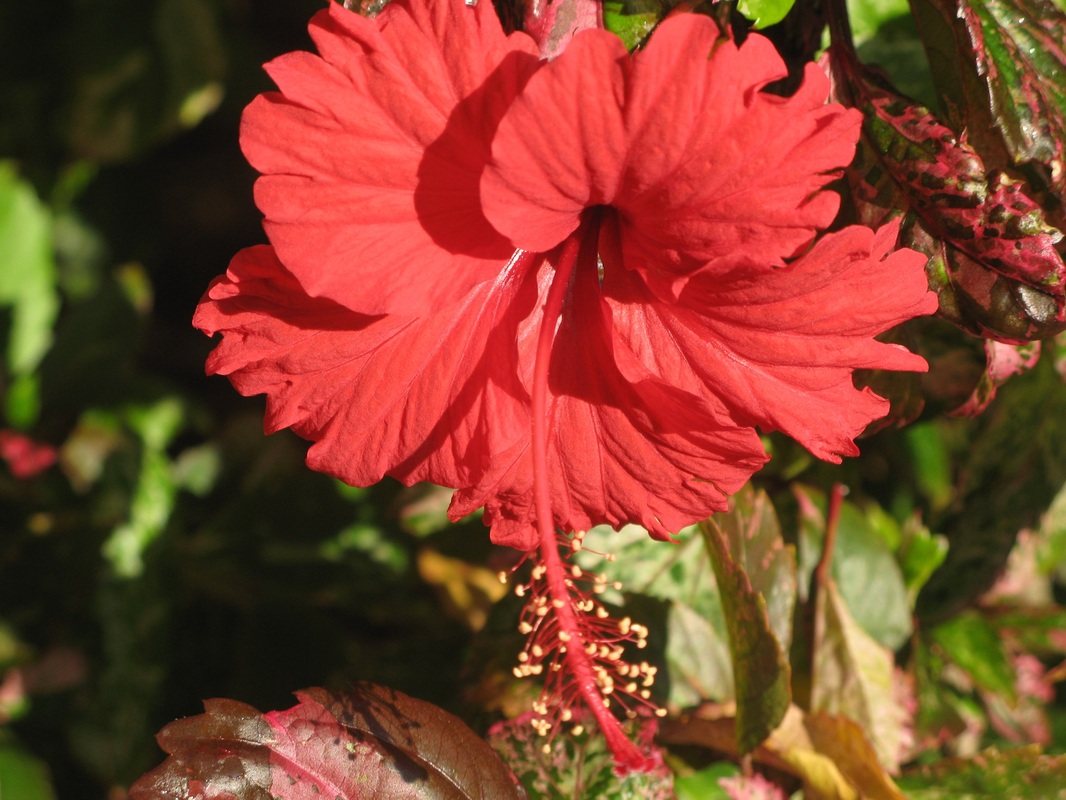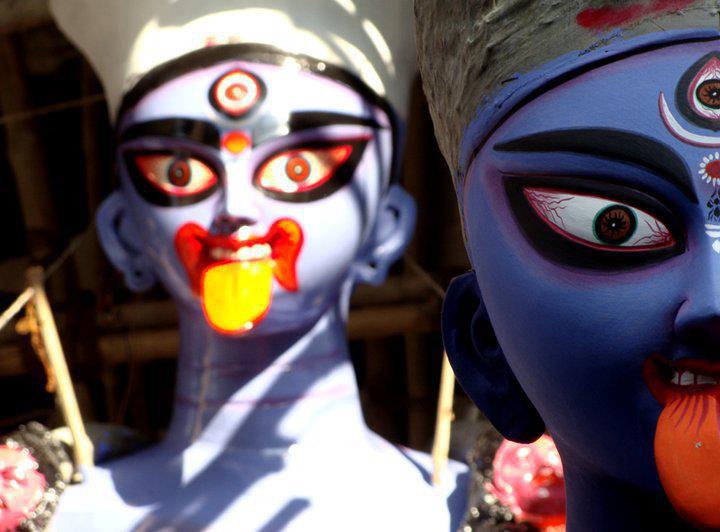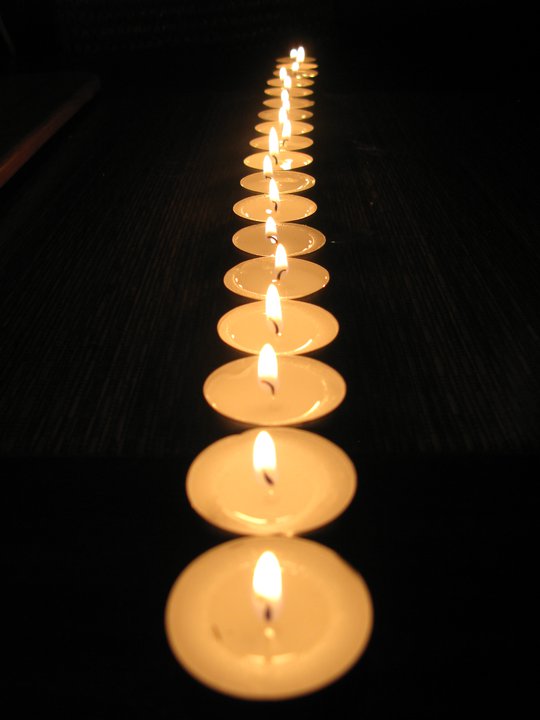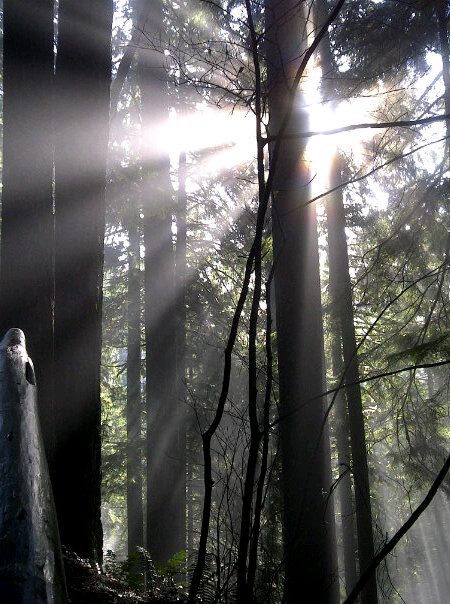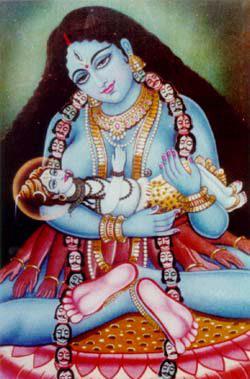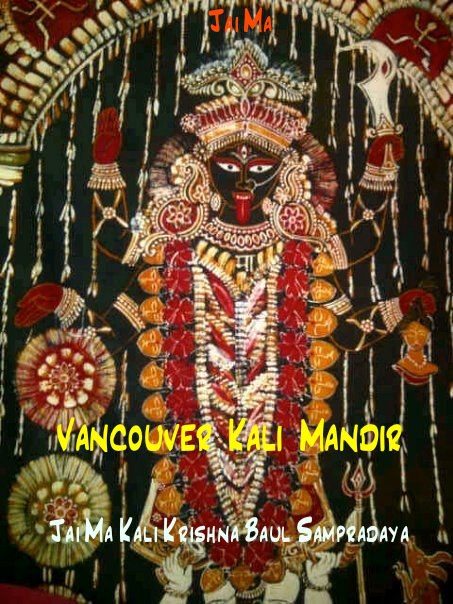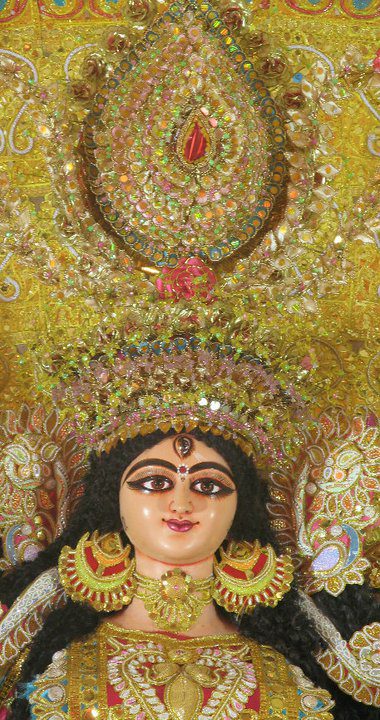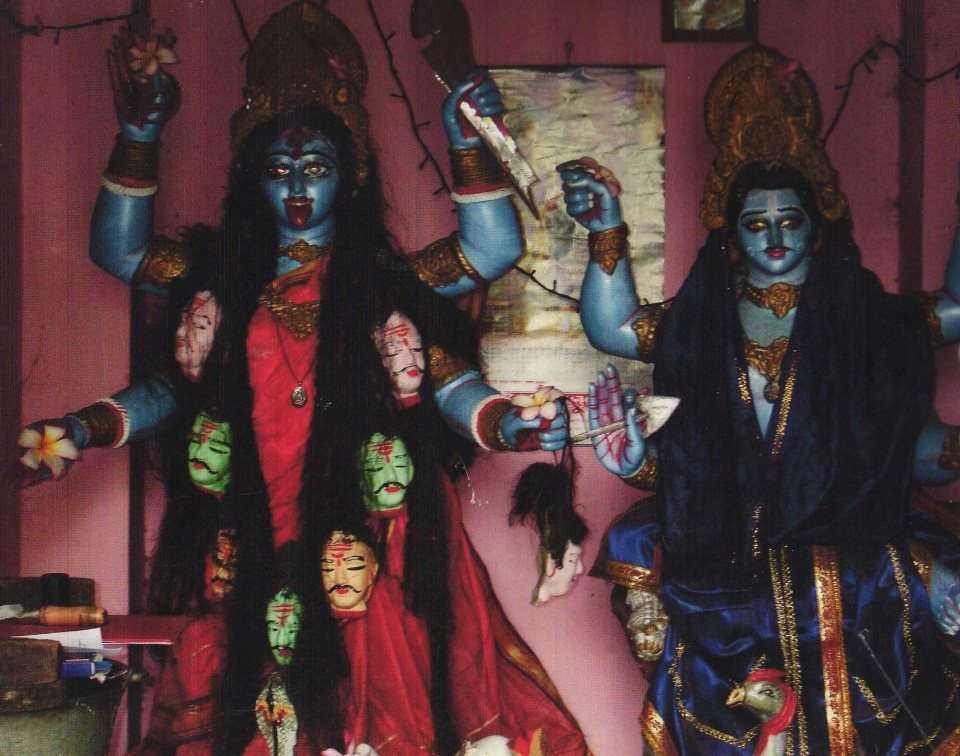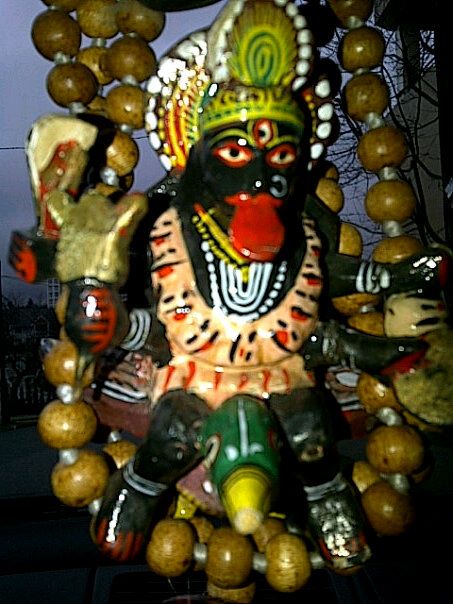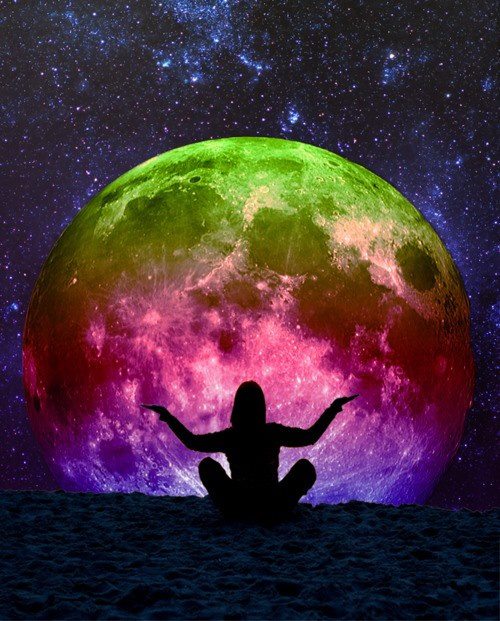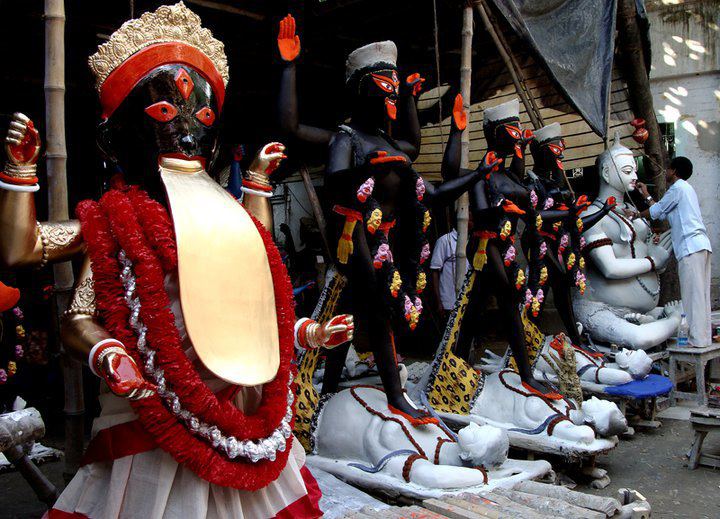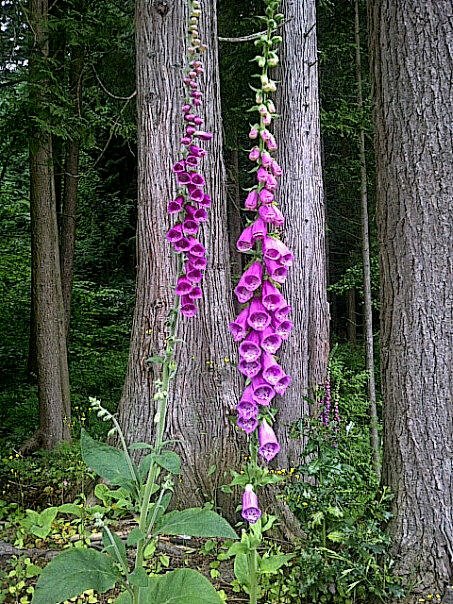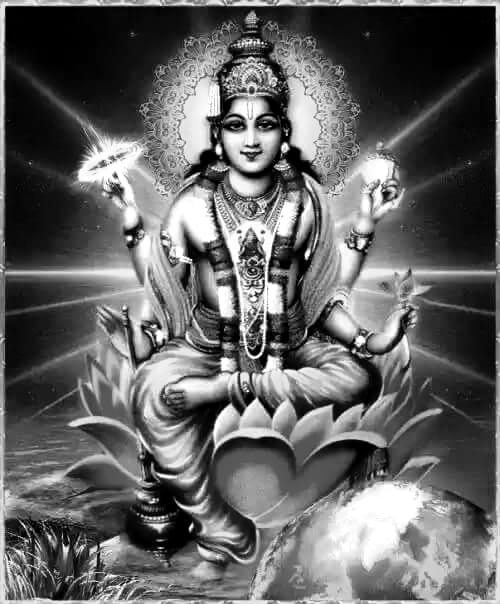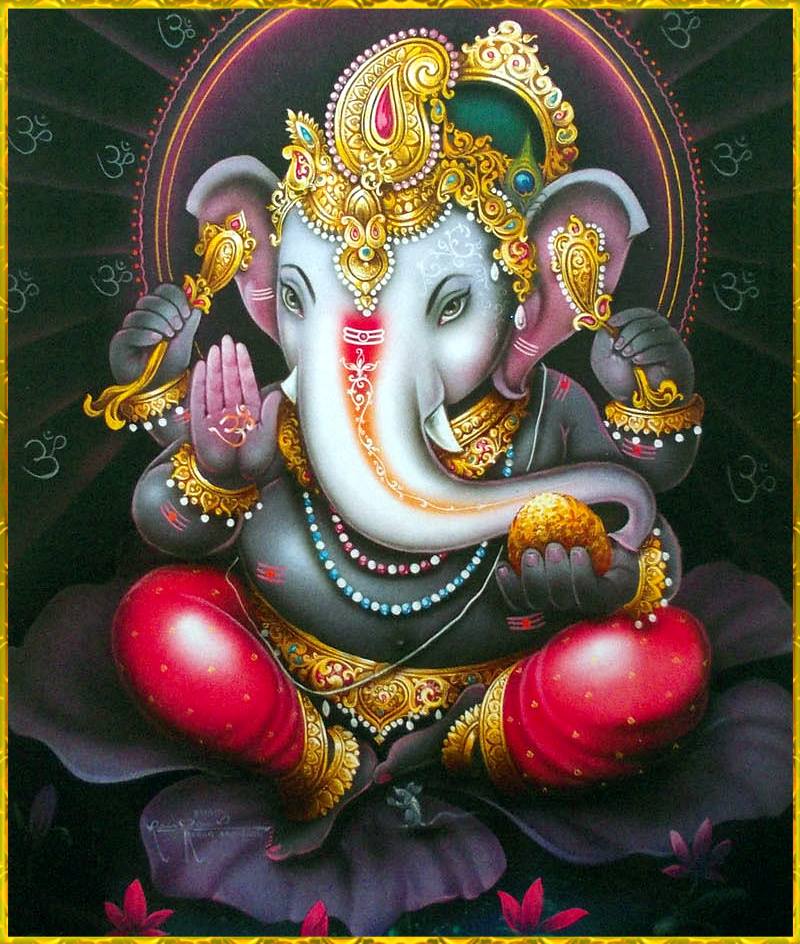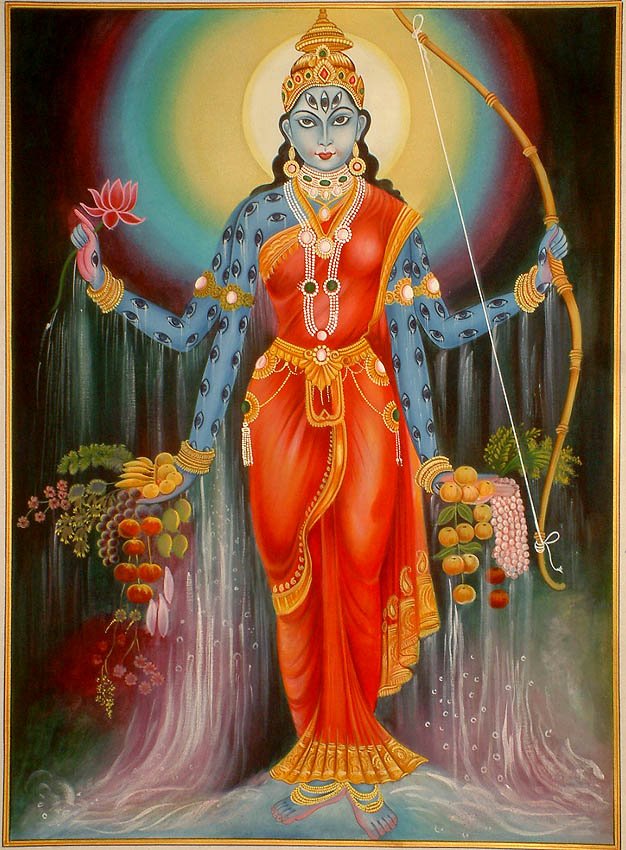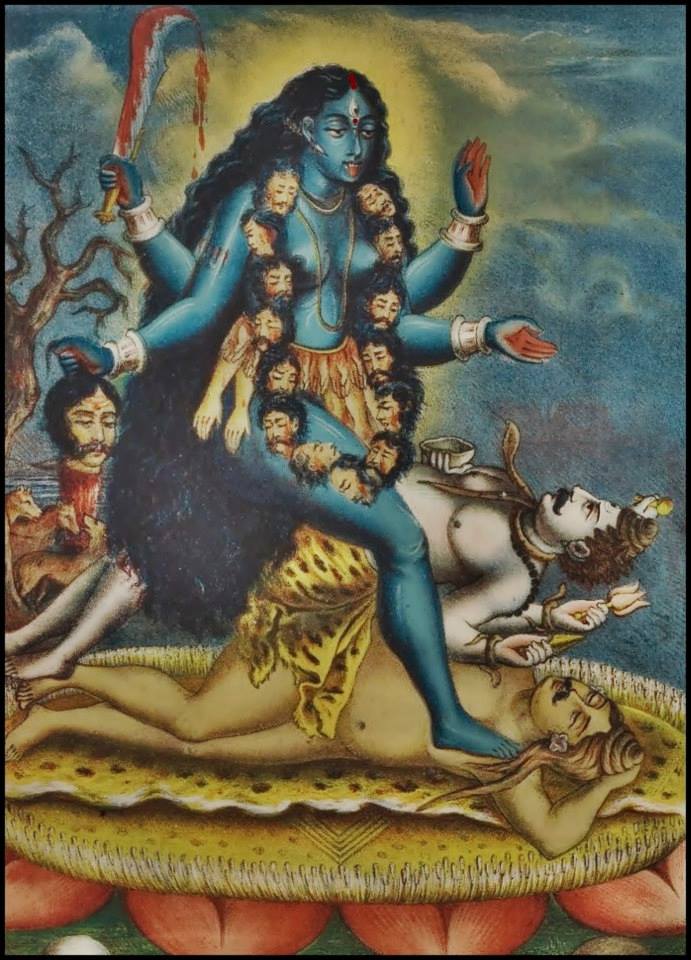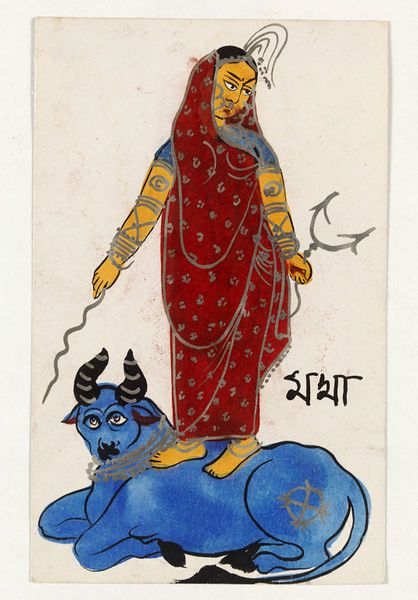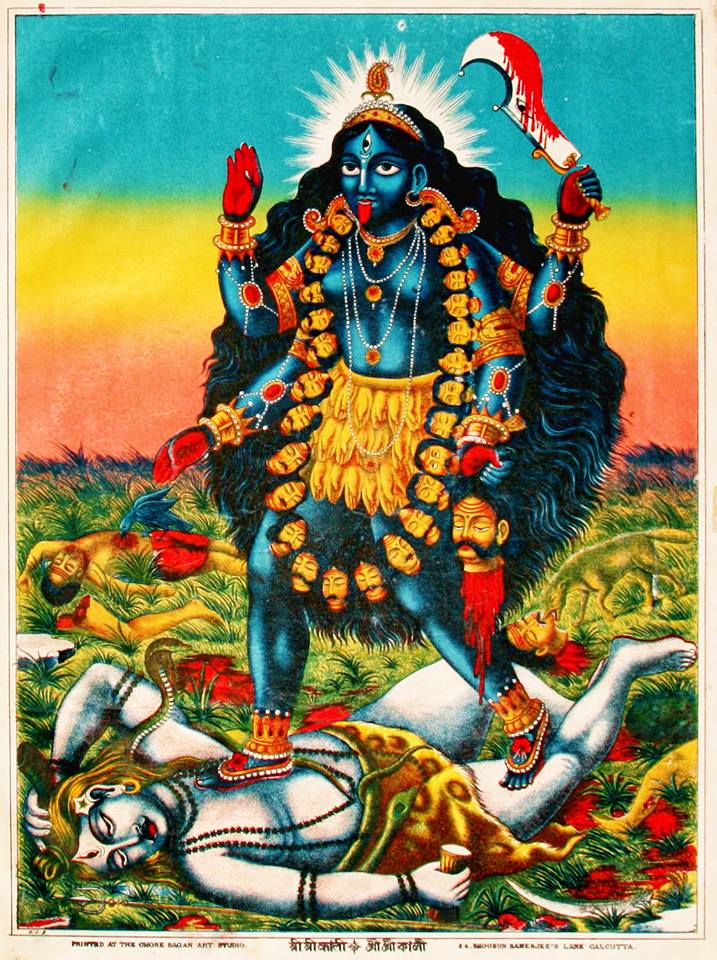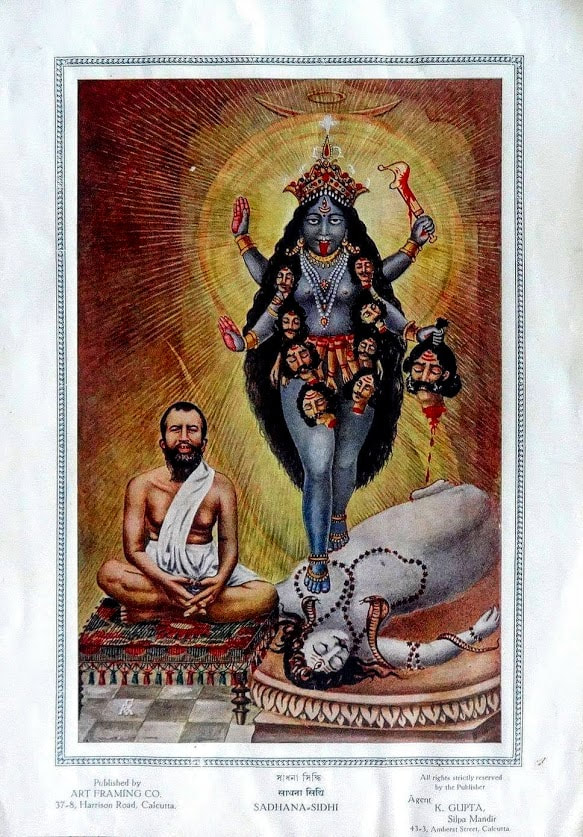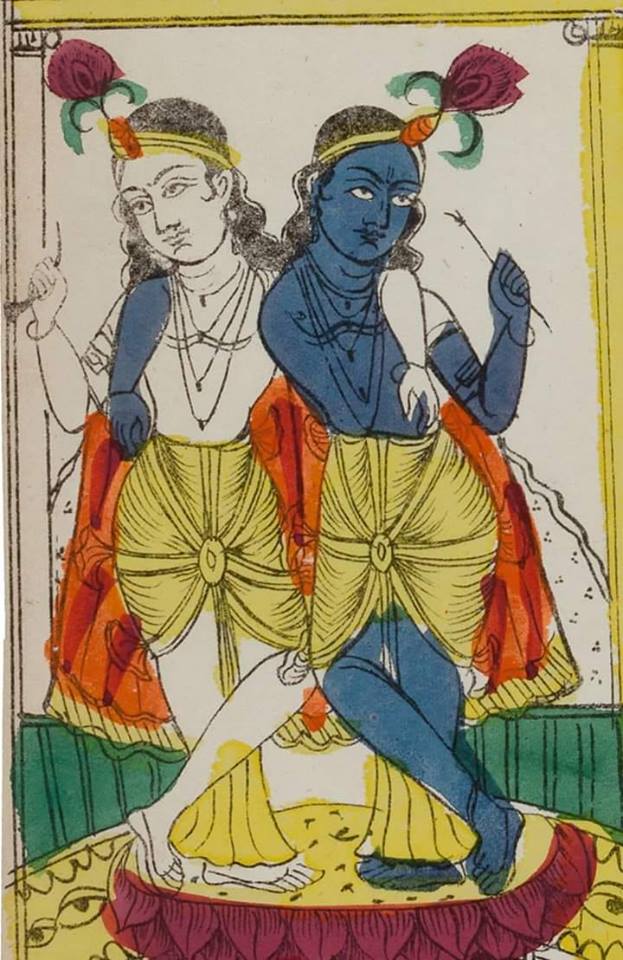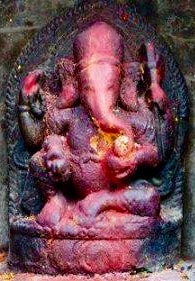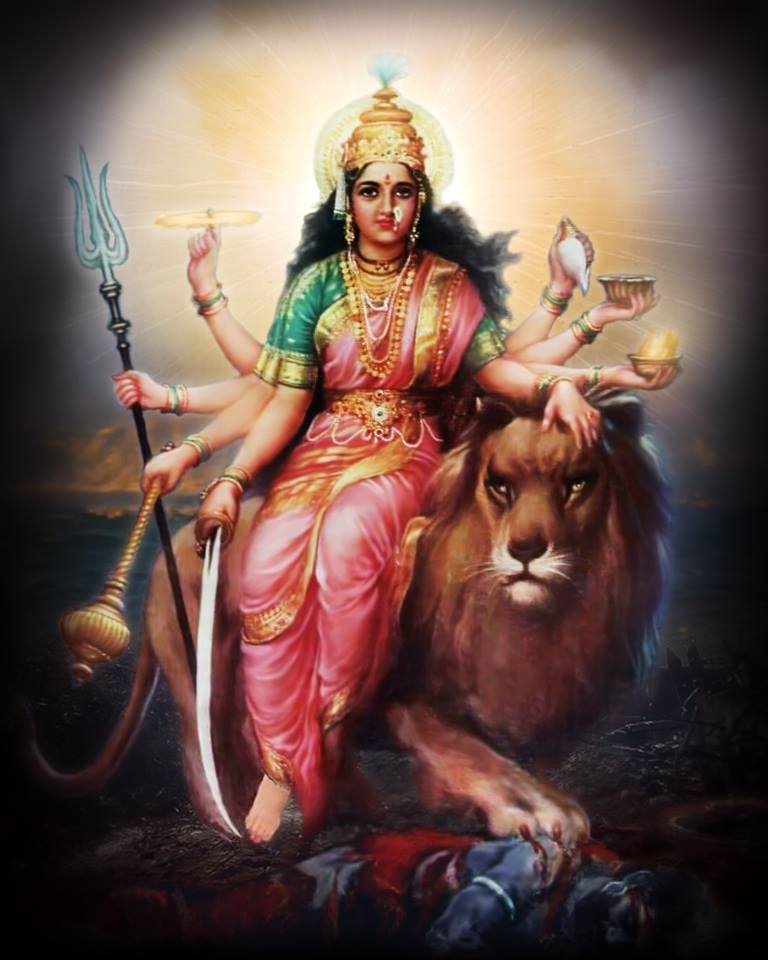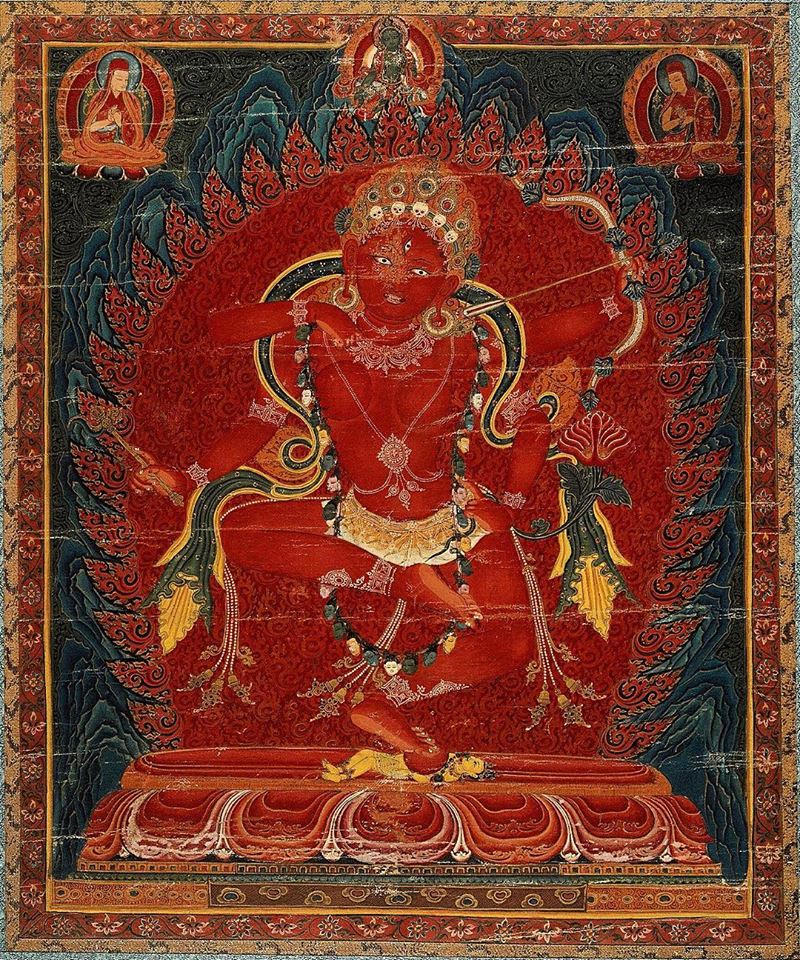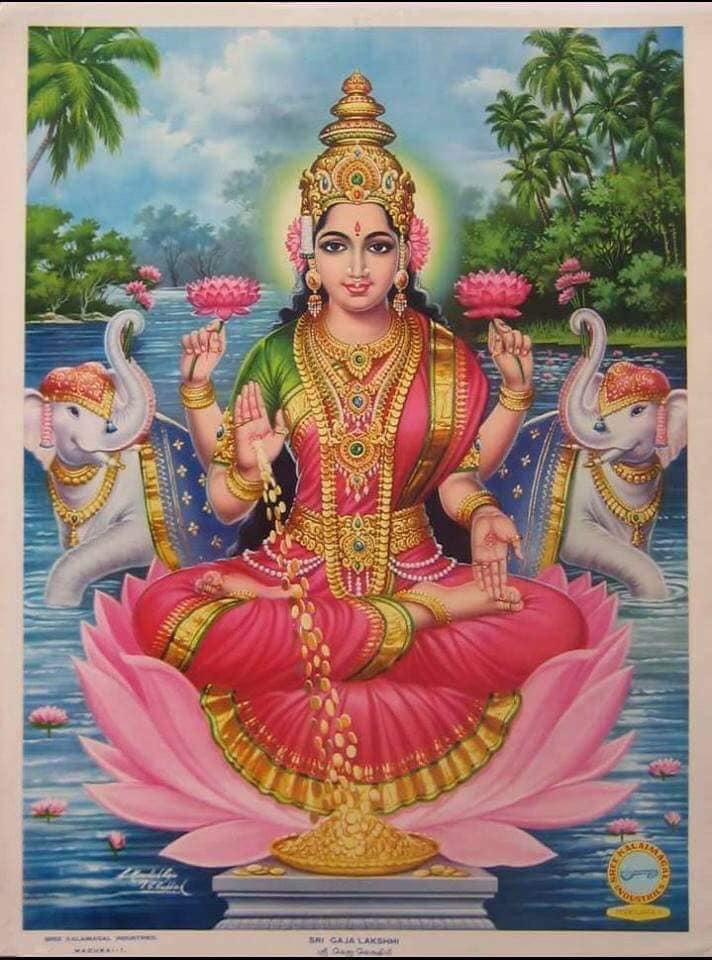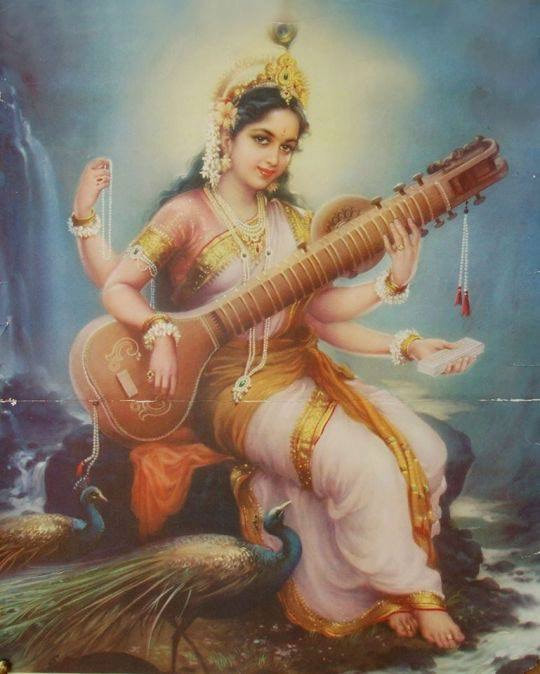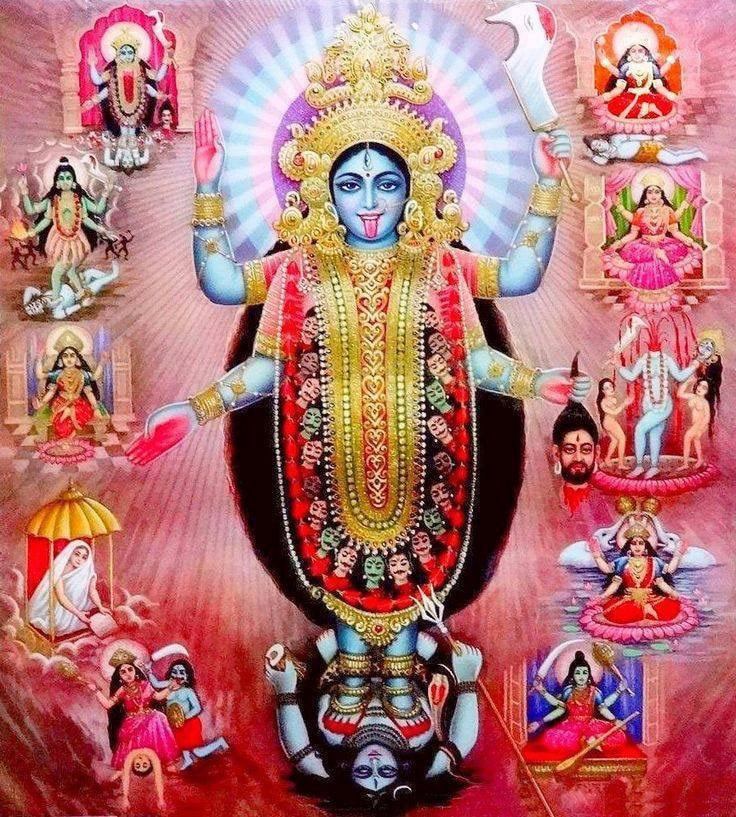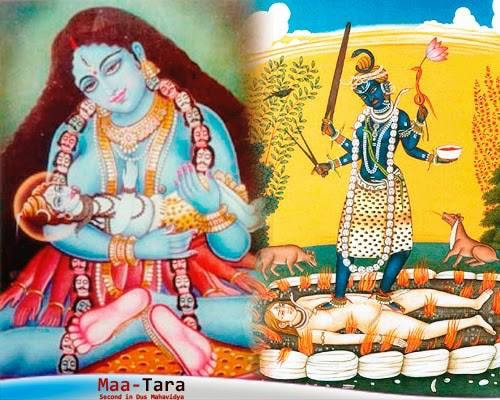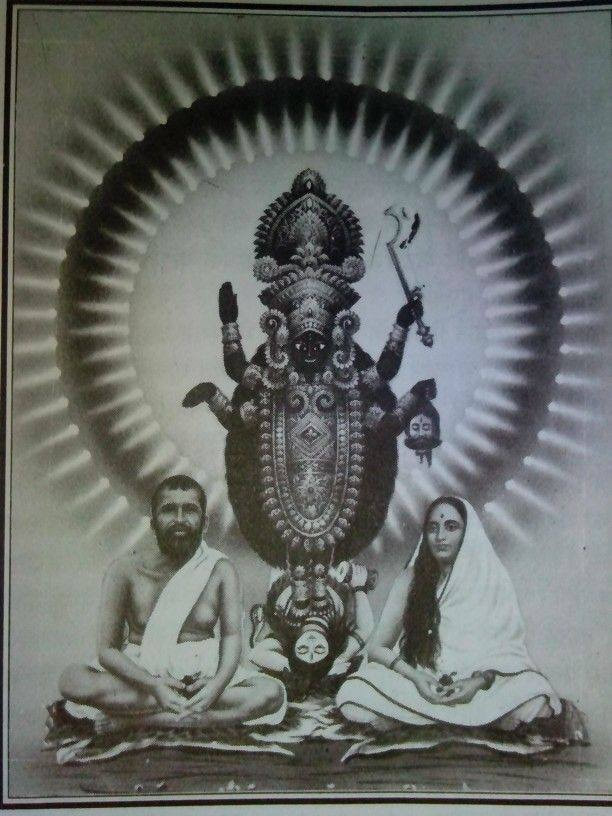This song is not a folk song either it was recorded in the 1960's Purna Das Baul by Hindustan Records. Nobody is a Baul Master, there is no such thing, there is only Baul Guru. Those who are fundraising in the name of Baul making up stories, adding the names of other poets to Nabani Das Baul songs?
The Oral and Intangible Heritage of Humanity
Vaishnava Bauls of Birbhum the oldest living lineage of Bauls, An Oral Sanskrit Tradition.
Note* One should understand the oral in the case of the Vaishnava Bauls means Sanskrit, most of the new Bauls do not have any relationship to Sanskrit. Sanskrit was the Baul's indigenous language in the oral tradition.
“That is why, brother, I became a madcap Baul. No master I obey, nor injunctions, canons or custom. Now no men-made distinctions have any hold on me, and I revel only in the gladness of my own welling love. In love there's no separation, but commingling always. So I rejoice in song and dance with each and all."
Rabindra Nath Tagore, The Hibbert Lecture, Oxford, 1930
"the above quote by Rabindranath Tagore is re-quoted from Babukishan's research and first book 1980's, "Banglar Baul" under the name Krishnendu Das. If you see this quote used by others that is where the quote came from". ©
Rabindranath Tagore became a Baul when the legendary Sri Nabani (Gosia) Das Khyappa Baul gave Tagore the name Ravi (Robi) Baul and in return Tagore gave Nabani (Noboni) the name Khyappa Baul and named him 'Mirror of the Sky'. To this very day villagers in Birbhum remember a legendary Tantric Vaishnav Baul Saint Avadhut named Nabani Das Khyappa Baul.
Khyappa or sometimes spelled Kheppa and (Kheppi for women) means sat chit ananda (eternal conscious and blissful), highly mystical, fully awake, aware, divine ecstatic love, wild, free bird, blissful, divine consciousness, magical, mysterious, out of body connected to the divine at a very high level, khyappa is not something that can be faked. It is not a name for everybody it was a name designated for a Avadhut, however, today everybody is calling themselves khyappa as many are calling themselves ‘Baul’ and ‘Baul Guru’.
Rabindranath Tagore the great Bengali Noble prize winner for literature and the writer of the Indian, Bangladeshi, and Sri Lankan national anthems, loved Nabani and Nabani is the only Baul who inspired and associated with Tagore. The Pous Mela in Shantiniketan was created by Rabindranath Tagore in honour of Nabani Das Baul to bring together intellectuals, poets, and creative artists from around the world.
To the untrained eye and ear wandering and singing a song does not make one a Baul. Rabindranath honoured Nabani because he was an ecstatic mystic full of wisdom, he admired his poetry, his tune and his depth in sadhana as a Tantric Yogi and Baul Avadhut. Rabindranath respected Nabani's ancient lineage and its richness, authentic cultural significance and tradition of wisdom, along with the energetic live wire shaktified pure ecstatic love that Nabani embodied. Tagore also, gave land and a special place for Nabani Das Khyappa Baul to sit and be at Tagores own Vishva Bharti University, they spent much time together and it should be noted that all of the old pictures and the ones at The Royal British Museum in London of Nabani were pictures taken by Tagore himself.
Tagore appointed Nabani Das Baul as a Professor of Baul music and dance at the Tagore Vishva Bharti University in Shantiniketan. Nabani is the first and last Baul to teach at Vishva Bharti University. One of Nabani's students was Indira Gandhi, her father Jawaharlal Nehru had the greatest respect for Nabani. The Indian Independence movement was in full swing. Nehru appointed Nabani a state singer, where Nabani along with Nehru and his contingent traveled all over India, playing for people, sharing the magic of Baul and Nehru's political messages.
Like his grandfather, KD Babukishan also traveled with his parents around India as state singers for Indira Gandhi, with whom Babu's mother was best friends until Indira Gandhi's assassination. Babukishan recalls going to Delhi for Indira Gandhi's state funeral with the Gandhi family. There were millions of people it was an epic historical event the fall out from her death or I should say her murder was catastrophic. They also were state singers for Rajiv Gandhi until Rajiv's assassination . Often times after a day of work Babu would sit with Rajiv Gandhi and unwind after their travels through out India. Babukishan has traveled India so many times with different people including Sitaram Das Omkarnath, his father, his mentor and great friend the Supreme Court judge who was a master Jyotishi who predicted Babu would meet me one day, and he also predicted that Sri Purnab Mukerjee the now President of India would rule India one day. Purnab Mukerjee and Babu's family were very close as his mom Manju and Pranab's wife the late Gita Antie were relatives. I met her in at the Mukerjee house in Delhi in 2007.
Guru Shishya Parampara Sampradaya Lineage. Bauls are Tantrics, Indian musicians who know the Tantra of Sound, Mystical Bards, Guru's, Pandits, Acharya's who are simply called Baul. There are some Bauls who are not from this lineage or a lineage period and it is very interesting how they are changing the face of an ancient living lineage that they do not even understand. Real Bauls are mysterious you will never figure them out all one can do is taste their rasa it is impossible to catch a Baul they are here one minute and gone the next, they do not want to be seen and certainly do not want to collect devotee's but there is something to learn from them if one is patient.
Jawaharlal Nehru, the first Prime Minister of India, was wise enough to know what the scholar Sri Chaitanya had figured out 500 years before, that Bauls were able to draw people together through their energetic shakti and ecstatic charismatic chanting, singing and dancing. Dry scholarship and talking doesn't necessarily awaken people to a new movement. Sri Nitanyanda of Ekchakra Birbhum was a Vaishnava Baul and the ancestor of this lineage, he was elder to Sri Chaitanya. It was Nitanyanada who taught his Baul tradtion of kirtan, singing and dancing to Sri Chaitanya.
Sri Chaityana started his Hari Krishna movement based on the ecstatic 'Hari Krishna Hari Ram' singing and dancing of the Vaishnava Baul of Birbhum. The Bauls would start with the Hari Krishna chant early in the mornings as a wakeup call announcing their presence to the villagers of Bengal, inviting them to listen and learn about spiritual life.
Baul is a rare, esctatic, super charged high speed internet, direct blissful Yoga and sweet heart-opening devotional singing and Baul Kirtan is full of ecstatic energy that turns even the hardest of hearts to honey, bringing the rasa of ananda (bliss) alive.
It is a secret esoteric path meaning a Baul will never tell you anything directly you will learn through sadhana and being with a Baul over a lifetime that one may learn and grasp a drop, all the rest is just mere speculation. You will be tested every step of the way of this magical journey and be put off as the path is not straight it is crooked to prevent the people who just want to buy something and then say, they are an Indian musician or Yogi or this or that. Today everybody wants everything right here and now that is not the path of Baul because it is a super advanced path a way to easily reach God/dess but as we know nothing is really easy. It is not a beginners path and very hard to understand because of the language translation from a certain type of Birbhum Bengali to even Bengali or Hindi let alone English. I have to translate backwards in certain ways let alone the Sanskrit parts?
The path of Love, The path of poetry, deep soul music, trance dance and sadhana. The path of ecstatic union. The path of everything. The path of humanity. The mysterious mystical inner path. The path of GRACE and Divine Love. The path of the Avadhut. The Mystic Tantric Path. The path of higher deep Yoga. The path beyond the Path. The bliss permeated Path. The path of Soul mates.
Baul is the path of everything in the universe, the path of poetry all Bauls produce some kind of poetry this is how they distill their teachings in simple poetic songs that hit the heart of everything the universe consists of, there is nothing that is excluded.
Bauls play a one stringed trance inducing instrument called an ‘ektara’ also called the ‘Gopi Chand’ or ‘Gopi Yantra’ which is the Bauls symbol of peace and unity for all. A Baul plays a variety of instruments including a rare one or two stringed instrument called a ‘Gubgubi’ which Nabnai himself named the Ananada Lahari meaning ‘waves of bliss’. Baul is a Guru Shishya Parampara Sampradaya, they are sadhu's and belong to sadhu sangha which are called Akaras. There used to be 22 such sanghas, now there are only 2, they are almost extinct.
There is a lot of misinformation about the Bauls today, misrepresentations abound among a new generation of Baul singers, scholars, writers, documentary film makers, information found on wikipedia, Gurus from other sects including Osho who wrote many books on the Bauls and was deeply inspired by Nabani Das Khyappa Baul. All of them have completely missed the point of who these sweet devotional people are. They repeat the same thing over and over and it is not accurate. Many fakes are changing this beautiful tradition, they dress the part, singing out of tune trying to copy what can not be copied. Baul is only achieved through sadhana. The fake Bauls say they are sadhakas to attract students, some say they are sexual tantrics as sex always sells. This has gone on for a long time. Unaware foreigners attracted by sexual tantra of the west, and Indians attracted by the dream of sexual freedom, flock to Shantineketan. Yet the real Bauls are now almost extinct, and those that still remain, live marginalized in poverty.
Bauls have been described as mad, Sai, Shah, Fakir, Dervish, Aula, Muslim, afflicted by the wind, illiterate, beggars and folk singers, yet they are none of the above. They accepted all but that does not mean they became the other, it does not mean they became Islamic or Buddhist. Baul is a sect unto its own and they are Sahaja Baul which are some of the first Sufi"s on the planet, Sahaja = Sufi Vaishnava Baul (Hindu Sufi).
Sahaja is the same as Sufi “Sahaja simply means natural and spontaneous. It not only implies natural spiritual levels, but on the mystic level of the miraculous. It means that easy or natural state of living without planning, design, contriving, seeking, wanting, striving or intention. It is that nature which, when once established, brings the state of absolute freedom and peace. Sahaja is a natural state which balances reality between the pairs of opposites and maintains harmony of the Cosmos.
Thus ‘sahaja’ expresses one who has reverted to his natural state, free from conditioning. It typifies the outlook which belongs to the natural, spontaneous and uninhibited man, free from innate or inherited defects.
As such even nakedness of the sadhus is considered to be ‘sahaja’. By his own demeanor Datta shows man’s instinct for naturalness and primordial perfection not only of the physical and spiritual level but at the mystical level.
A parallel is made to plants and trees which do not grow according ‘svadharma’ or rules and obligations incurred at birth.
Nature only has ‘svabhava’ meaning its own inborn self or essence as its guidance. In other words ‘what is to come must come of itself’ to manifest in a state of absolute freedom. Taoism speaks of ‘sahaja’ as a highest virtue – the loss of the peculiar naturalness or unselfconsciousness. I have personal experiences with Taosim and my Master named his place of practice the same word as Sahaja but in Chinese.
One finds this state in an innocent child which is always in its ‘sahaja’ state unless interfered to by society. In his semi-naked state an sahaja avadut is just as unconscious of others nakedness as he was of his own.
“The person who has conquered the baser self and has reached to the level of self mastery: he is at peace, whether it be in cold or hot, pleasure or pain, honoured or dishonoured” – Bhagavad Gita. “ This is Sahaja the Bhagavad Gita and Vaishnavism is Sahaja in its pure unorthodox sitting on a throne form. It should be noted pure Gaudiya Vaishnavism always honored this family of Bauls. There are perhaps hundreds if not thousands of pictures of this family preforming for them raising huge amounts of money for them. There has never been any debate about them not being ancestors of Sri Nityananda of Ekchakra? Their story has never been told and now with the internet many are making up stories.
It is important to understand that Baul arrived before both Buddhism and Islam. Bauls are considered to be original Sufi before Muslim existed and Sufi in this context is Hindu or more appropriately called Sanatan Dharmic Sufi. Some say they are the very earliest Indian Sufi's but I do not like to use the word Sufi because there is so much debate about where Sufi is from and the Bauls of Bengal are not Islamic they sing some Islamic Sufi songs because they love all but that does not make them Islamic or Muslim. However, I must make it perfectly clear Sufi pre-dates Islam and Sufi in the context of Baul is not Islamic it is Sahaja (Sahajaya) Baul Sahaja is Sufi.
The Bauls were not British educated English speaking Christian Bengali's who learned Sanskrit after the fact. Vaishnava Bauls learned Sanskrit in the oral tradition by hearing and remembering from birth, which creates a person with a photo graphic memory. Bauls are the original Das and Dasi singers and dancers of Bengal, the original kirtanists from the red soil called Rarh. Many of their Kirtan's have been taken by the Orthodox New fundamentalist Vaishnava and claimed as their own? They use a degrading language to describe the Bauls and many other sects to raise themselves up higher than any other religion in the world this surely anyone can understand is most certainly not othodox is shows a lack of confidence and heart towards others. Yet they have no clue where their information and kirtan came from or the true stories.
Babukishan is a master of India music classical, folk bhajan, kirtan, all music and his job for years was working for the biggest music companies in India categorizing all of the music of India, his description of kirtan is completely different from what is going on in the west. The west is chanting, kirtan is the telling of the stories of Krishna, Ram Shiva and Kali telling their stories in reverence and chanting. Kirtan is worship with reverence it is unheard of in his tradition for people to fall asleep on the floor.
It should be noted that Babukishan has recorded and produced the first recorded Hanuman Chalisa in India that is one of the most successful recordings of the Hanuman Chalisa played in all the temples in India the singer the late Hari Om Sharam. Babukishan has also, produced and recorded music by some of the Islamic Sufi greats including, Abida Parveen, Munni Begam, Allan Fakir, Nusrat Fateh Ali, Karim Khan, Majid Shola, and many more so he understands what is Muslim Sufi and what is Baul Sufi from experience not from books. He has recorded more Lalon Fakir songs than anybody and loves his poetry but still does not consider him to be a Baul. Babukishan has also, produced and recorded the biggest kirtan, bhajan singers in India including ...
Bauls were the biggest peacekeepers accepting all people. It should be understood that Baul is the path of the Avadhut always exploring and learning. They have many teachers but only one Guru. Understanding the history of Bengal is very important to understanding Baul. When Bengal was in strife under Islamic invasion they accepted Sufi into their fold. When Buddhists flowed into Bengal and were challenged by Brahamins, Bauls were the only people who gave them refuge and accepted them saving many from persecution. Baul is a sect onto its own based on Sanatan Dharma with a sprinkle of Sufi and Buddhist practices. Please understand that it is also, said Sufi is based on Sanatan Dharma and was in India way before the Muslim's existed. Bauls have always been natural Indian Tantric Sufi's. A Baul will also say Buddha actually followed Shiva. Many of Baul practices are some of the earliest known before Buddha and before was Sufi attached to Islam in modern thought.
Stories abound about Bauls being from Persia, Uzbeckistan or Bangladesh, but many of these speculations are coming out of Bangladesh which is a Muslim country. They have somehow appropriated Baul culture and use this as a way to raise huge amount of money, apparently in order to preserve Baul Tradition as their ‘National heritage’. Baul tradition was born thousands of years ago and is indigenous to and originates from Birbhum Bengal. There were no Bauls in Bangledesh, even when Bangaldesh was Bengal they were not from the place now called Bangladesh. Baul has always been based on Sanatan Dharma, the eternal dharma of India as found in the Bhagavad Gita, Upanishads, Puranic and Vedic wisdom. There were no Bauls in Bangladesh prior to the 1970's because Babu's mother Manju was a well know family in that area before it became Bangladesh.
Vaishnava Baul is the lineage of Krishna & Kali Kirtan. The Vaishnava Bauls are the original Kirtanists from the land of Rarh (red soil) which is Birbhum.
Kenduli Birbhum Bengal is the home of the Joy DEV Baul Mela. JOY Dev wrote the Gita Govinda about the love between Radha and Krishna.
This story comes from the oral tradition of the oldest living Baul lineage as told by Babukishan aka Krishnendu Das Baul, a ‘Lineage Baul Guru’ and the only Baul Guru Scholar from inside the tradition of the Vaishnava Bauls of Birbhum Bengal. Babukishan has lectured all over the world for decades at the University level and has done Baul preformances on some of the biggest stages in the world since the 1970's.
Baul is not only an ocean of devotion but is also, an ocean of Indian Philosophy, Yoga, Tantra, Vedic, Puranic, and Upanishad wisdom. The title 'Baul' implies one is a Guru, Pandit, Acharya, an authority, they were the Shastra before books, they are oral storytellers, spiritual Bards, Bhakti Yogi's, Masters of Nada Yoga, and Vayu Dharma. However, being an oral tradition did not mean they didn't read Bengali and Sanskrit manuscripts and Shastra.
KD Babukishan was born in 1962 in Suri Bhirbhum W Bengal into the lap of Nabani Das Khappa Baul and his wife Brajabala Dasi. KD Babukishan is the birth son of Purna Das Baul and Manju Dasi, however and for whatever reason he was left right after his birth to be raised by Sri Nabani, his Sad Guru and grandfather. Nabani and Brajabala raised their little grandson who was born premature with crooked limbs, it was thought he would die the next day. They named him Krishnendu (Krishna in Bengali). The name Babukishan was given to him by Mahesh Bhatt a Hindi film Director and Suraj Sanim one of the biggest Hindi film writers.
Nabani was an adept sadhaka at Tarapith who had traveled as a sadhu tantric all over India living in the Himalaya's into Tibet he has lived in caves and was a great Yogi Tantric. Nabani took his sick tiny premature grandson with crooked limbs to Tara Maa right after he was born praying and begging for his life. Ayurvedic medicine, prayers and mantra were used to heal baby Krishnendu and his limbs were straightened through daily Ayurvedic massage given by Nabani and Brajabala Dasi. It should be noted that Nabani was a healer and he had healed thousands of people eveywhere he went, taking their karma and transmuting their karma.
Nabani knew the Tantra of alchemy and traditional herbs, he was a close friend of the famed Ayurvedic doctor and healer Dr. Kali Goti who also helped with healing Babu. Nabani was an adept at manifesting siddhi's, he knew all the Guru's, Saints, Siddhas, Yogis, Naths, Swamis, Sadhus, Sadhakas of the time and had them all give dharshan and blessings to his little baby Krishnendu. Babu went everywhere with Nabani and was a regular at Tarapith learning tantric and Baul sadhana. hanging out with the Gurus and Tantrics one could say he owes his life to Tara Maa and Kali Maa. The village Rakha Kali Maa temple where he played, was right beside the Ratha Yatra Cart with Radha and Krishna. The village favoured many gods. Babu saw and experienced a world that does not exist today, those times are gone. I specualate that perhaps this was Babu's karma and a continuation of his past life.
Nabani's samadhi was in 1969, when KD Babukishan was only 8 years old. He thought Nabani was his father, until he learned his real father was Nabani's eldest son Purna Das Baul who had since had two other sons that were raised outside the Baul tradition, in contemporary Calcutta. Most people on a path would agree that our family is not who we are. Guru is our real family if we are lucky to have one, Babu was lucky to have Nabani who left him his spark. Losing Nabani was to be the greatest loss of little KD Babukishan's life and the greatest loss to the whole Baul community. Nabani was not an ordinary Baul he was an extraordinary genius. Babukishan was by his side when he went into samadhi.
On his grandfather’s passing, KD Babukishan recalls: suddenly my grandpa reached out and gave me his hand at the same time a huge thunder cracked and filled the air with energy, my grandpa ' Boro Baba's' whole body turned a blue whitish an electric current shocked me and ran through my body at the same time automatically the tulsi plant fell over and the Bhagavad Gita sitting in the tulsi plant hit Boro Baba on his head, he was gone. He held my hand so tight I felt an electric current run through my body my third eye opened, I saw the universe my Boro Baba had given me what is called a Bramhma darshan. I felt a huge force of power and light in my body, I couldn't break free of Boro Baba's grip.
The Baul kirtan for Nabani went on for weeks, they chanted HARI KRISHNA HARI RAM for 8 days in a continuous flow, and then 6 more weeks taking breaks for some food and rest. Thousands of people came to pay their respects. Nabani was a famous father figure, Baul Guru of Birbhum, a state artist and the whole state of Birbhum was closed. He was burried in traditional Baul way, sitting in a padmasana.
Some time after his grandfather’s death, his Grandmother sent him to live in Calcutta with Purna Das Baul and Manju Dasi, his birth parents, as she felt he’d be better off there and that he needed to be educated. KD Babukishan's went from the highest energy and biggest love bliss to a material life in Calcutta and a family where he didn't fit in. He recalls how his mother Manju used to bribe him with cookies to call her Maa.
Those days were hard for a little boy, suddenly surrounded by strangers, in the strange city, and before long, they packed him off to Ramakrishna Mission, where he remained for the following twelve years. Living there was tough, but the Swami’s there respected the Bauls, and often told him the story how Ramakrishna loved the Bauls, and said many times how he wanted to be born a Baul in his next life.
The family sometimes let him stay with them and even travel with them, touring with his father. When he was nine, they went to London and Europe on his first of many overseas trips. They went to perform at the fundraiser for Bangladesh in 1971, 1972, and 1978. There was a big group of Indian musicians who played at Hyde Park at the concert sponsored by the Beatles and The Rolling Stones. That is where he first met and became lifelong friends with George Harrison and the Rolling Stones. Later in 1986, George Harrison along with Ravi Shankar helped him publish his 3rd book on Bauls, now out of print. During that trip they traveled to Mick Jaggers place in Nice, France and where his father recorded with them for the album Jai Bangla. Mick Jagger was their limousine driver, and drove them from the airport to his place. In 2004 Babukishan returned the favor picking up Mick Jagger from the airport when The Rolling Stones performed in Mumbai.
Just as he was in the process of becoming a sanaysin, his father pulled him out of Ramakrishna Mission to work as his tour manager and it should be noted that Babukishan composed most of his fathers music as Krishnendu Das he was also, the youngest music composer in India at the time and was given awards for being the youngest and has a 40 years of award winning music composer. There were many good times and many difficult times with his Calcutta family and he left them for Mumbai after somethings that Babu didn't agree with but always supported them.
The easiest way to pronounce Baul is (Ba–oowl). Bauls are known as 'wind catchers' , the Masters of Pranayama which they call Vayu Dharma. Baul comes from the words Vayu (air) and Tula (to raise the vital air). Ba stands for Va in Bengali language. Bauls practice various yogic tantric techniques and their singing and mantric chanting. The aim of the Baul is God Realization & Self Realization in the human body, humanity is first and foremost to the Bauls – to be a good human, to realize God within this body temple.
Bauls are considered to be Sahaja which means natural and spontaneous. It implies natural on the spiritual level and on the mystical level of the miraculous. It means that easy natural state of living without planning, design, contriving, seeking, wanting, or striving for attention. It is that nature which, when once established, brings the state of absolute freedom and peace. Sahaja is a natural state which balances reality between the pairs of opposites and maintains harmony of the Cosmos.
Thus ‘sahaja’ expresses one who has reverted to his natural state, free from conditioning. It typifies the outlook which belongs to the natural, spontaneous and uninhibited man, free from innate or inherited defects.
As such even nakedness of the sadhus is considered to be ‘sahaja’. By his own demeanor Datta shows man’s instinct for naturalness and primordial perfection not only of the physical and spiritual level but at the mystical level.
A parallel is made to plants and trees which do not grow according ‘svadharma’ or rules and obligations incurred at birth.
Sahaja is: “The person who has conquered the baser self and has reached to the level of self mastery: he is at peace, whether it be in cold or hot, pleasure or pain, honoured or dishonoured” – Bhagavad Gita. “
Sahaja is NOT, licentious, loose, lustful, lewd, salacious behavior as described by the orthodox Vaishnav coming out of Bengal. Shaja is a Sanskrit word and those translations are completely wrong, To be sahaja is to hear, see, smell beauty in all things. To be a sahaja is to love (prema) unconditionally from the soul spontaneously and naturally. It is a feminine way of being the "path of Radha" the inner soul, it is an elevated way of being. It is to move ones focus inward and not get stuck in rhetoric and the mind or of knowledge. It is about having knowledge but not getting caught and hung up on knowledge.
Bauls practice techniques similar to Daoist Qigong they are Masters of energy work and mysticism. They are visionary and communicate inward, it is a inner path. Inner ritual, Radha and Krishna reside in the alter of the heart this is where the Rasa Lila takes place. As an example of outer it would be the temple and book business and even sometimes even murti's although I know they worship murti's and at all temples around the world as I have been to every type of temple, church and even mosques with Babukishan.
FAMOUS BAULS
Purna Das Baul is the first famous Indian Vocalist to come to America. First arriving in 1967 on a tour from San Francisco to New York staying in Woodstock NY at Bob Dylan's home as guests of Sally and Albert B Grossman (Bob Dylans manager). The recorded music from that time is called 'Bauls at Big Pink'. Purna Das Baul and his brother the late Laxshman Das Baul who was a much loved Baul a Bob Marley of the Bauls appeared on the cover of Bob Dylan's Legendary album John Westly Harding, Bob Dylan was a super fan of Lakshman Das Baul. Sally Grossman has remained a loyal a very dear friend of the Bauls and Laxshman Das Baul since 1967. At 81 years of age Lashman Das Baul passed away in April 2015 ending a legendary period of Baul history.
The Bauls at Big Pink produced by Al Aronowitz the father of Rock Journalism and another beloved friend of Babu's who passed in 2004, Garth Hudson and Robbie Robertson of the Band 1967 / The photo of Nabani Das Khyappa Baul was taken by Rabindranath Tagore. The Bauls on this album are Purna Das Baul and Lakshman Das Baul
Baul Samarat (King of the Bauls) Purna Das Baul at 82 years old has recieved the highest awards as a vocalist in India including many President Awards, Padma Shri and a rare award from the JAGANATHA TEMPLE called 'Nada Brahma Award' which only 3 have received including the much celebrated Ravindra Jain and Lata Mangeshakar. This family of Vaishnava Bauls are celebrated at the Jaganatha Temple in Orissa they know they are ancestors of Nityananda, Jai Nitai.
Allen Ginsberg's had always honoured Nabani Das Baul as his Guru who he first met him in the early 1960's while traveling in Bengal. Ginsberg became a very dear friend of KD Babukishan whom Babu visited every year in America from the 1980's until Ginsberg passed, they are both poets and have a love for Nabani Das Baul. Ginsberg is the one who insisted to Sally and Albert B Grossman (Bob Dylan's manager) to bring Nabani to America, however, in 1967 Nabani's health was failing and he sent his two son's Lakshman and Purna Das Baul.
Kshiti Mohan Sen was a well-known scholar of ancient and medieval India and close associate of Rabindranath Tagore served as the Vice Chancellor of Visva-Bharati University in Santineketan for years. Kshiti Mohan Shastri described Nabani Das Baul "the last real true Baul" he wrote a book on Baul and regarded Nabani as the greatest ocean of intelligence he was as a huge admirer of Nabani. Kriti Mohan Sastri is the Grandfather of Armarta Sen a Professor, Economist and Philosopher living in New York.
KD Babukishan walks between worlds in a true tantric form with one foot in the spiritual world and one foot firmly on earth, in the world but not of the world. He is a highly awarded Bollywood Indian Cinema Music Composer, Indian Music Producer, a Master of Indian Music, Classical, Folk, Bhajan, and Kirtan composing scores for 150 films, Film Designer, Film Maker, he has recorded and worked with the who is who of Indian music and Western music.
KD Babukisha was raised a Baul and spent 12 years as a Ramakrishna monk in Calcutta, BA in Indian Philosophy, MA of Indian Music from Calcutta University, Poet, the first Baul to be educated in the oral tradition and outside. A Sanskrit Scholar from the Oral Tradition, Sanskrit Education at the Masters level and because of his love of Sanskrit he spent countless years learning from Dr. Roma Chowdhri who was like a mother to Babu she was a legendary world renowned Bengali Sanskrit scholar who dedicated her whole life to Sanskrit.
Baukishan now lives in Vancouver Canada with me Trishula his Moner Manush wife and partner of almost ten years, traveling back and forth to India. Babu's life changed dramatically when he was in the 2004 Tsunami in Indonesia where he witnessed, tens of thousands of souls leaving Bhumi Maa all at once, one of Maa's biggest smashen grounds. He has lived through the 1971 war between Bengal and Bangladesh, he has lived through many many terrorist attacks in Mumbai and lived many lifetimes in this one lifetime. Babu's main cause has always been to preserve his Baul tradition and it has been proven a difficult task it seems that over many decades his dream, all of his time and energy have been thwarted by his Calcutta family and many other road blocks, but he never gives up.
"The way my braid is, that’s how it will stay.
I’ll get into the water, I’ll splash water around, but I won’t get my hair wet.
I’ll swim about this way, and that way.
I’ll dive into the water, and won’t listen to what people say.
I’ll enjoy myself but not suffer because of it.
Gosain Rasaraj says: “Listen, my friend , that beauty leaves me speechless".
I won’t be chaste; I won’t be unchaste.
I won’t leave my Lord".
Famous Baul song (poetry) by Rasaraj Gosai (Nabani Das Baul's elder brother)
Not getting ones hair wet mean remaining unattached, Bauls songs are metaphorically coded. It is really hard to translate Bengali or Sanskrit into a one worded English translation and sometimes even impossible, there is assumed one knows all of Yoga and Tantra because each song is many discourses all in a simple song and sometimes you do not need to understand, you can listen and just get in it on a very deep level, the songs awaken a person to understanding. It is very subtle but a memory deep within your heart will understand.
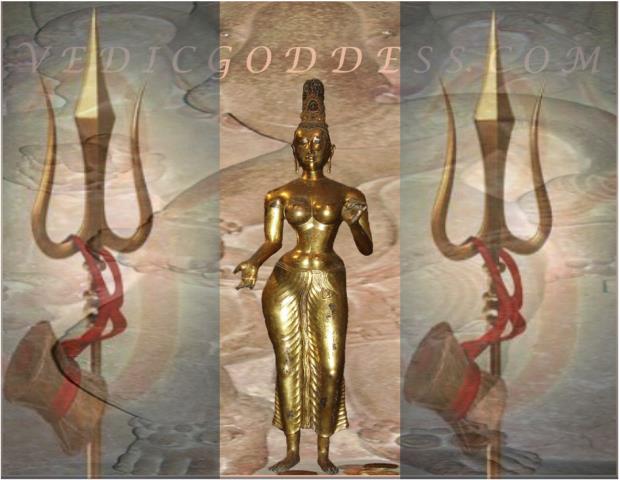
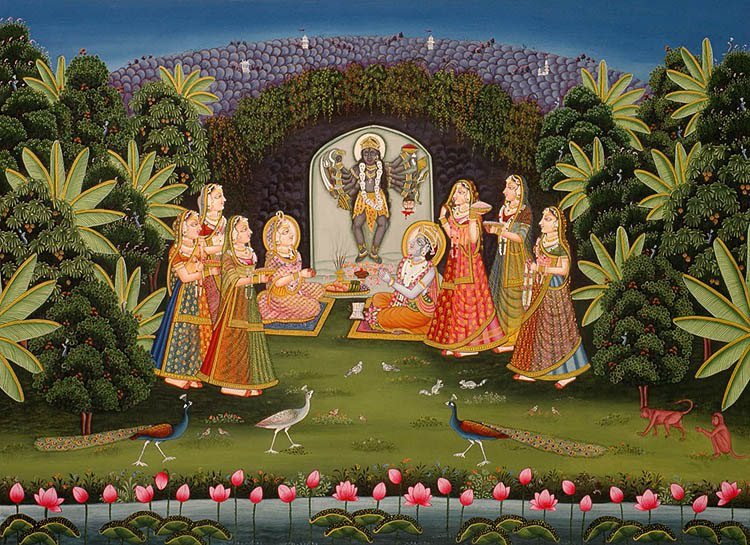
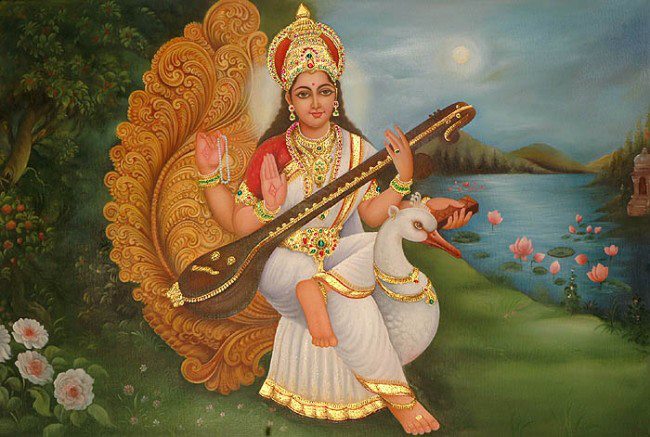
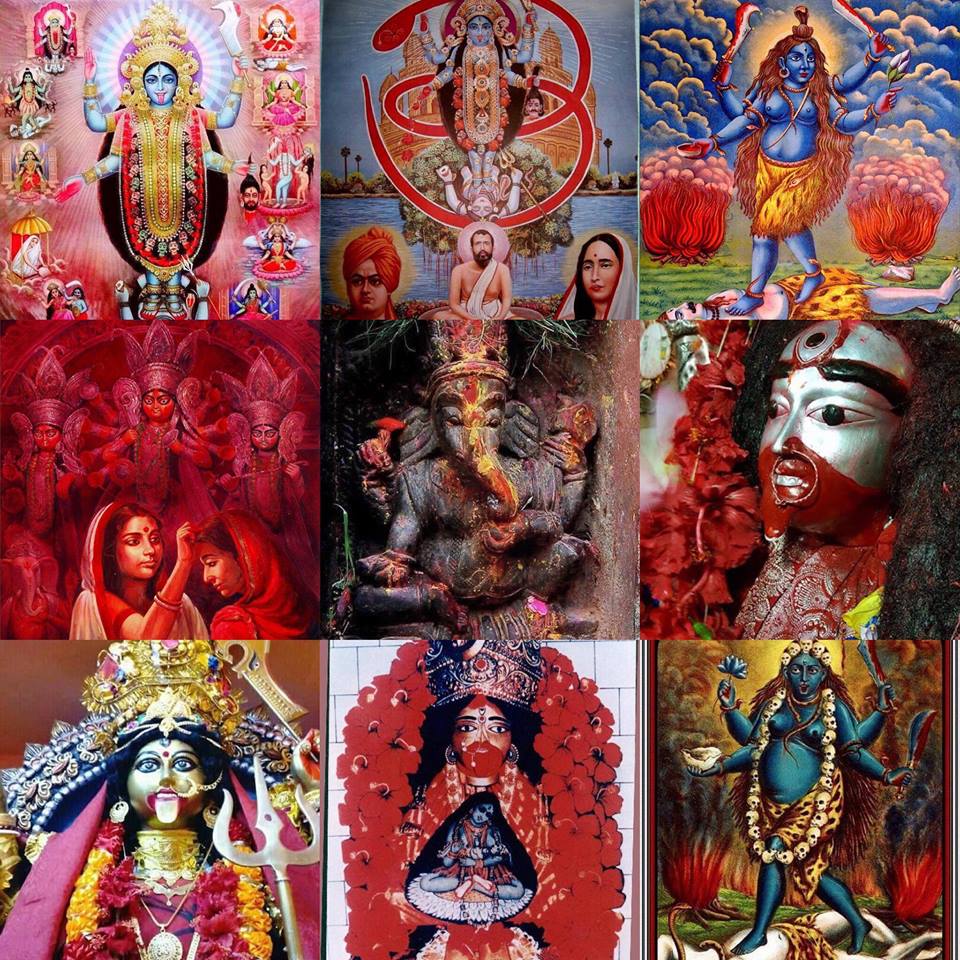
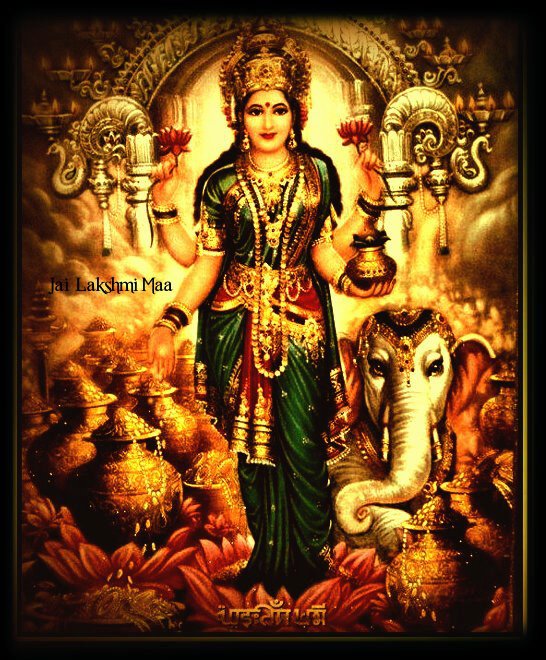
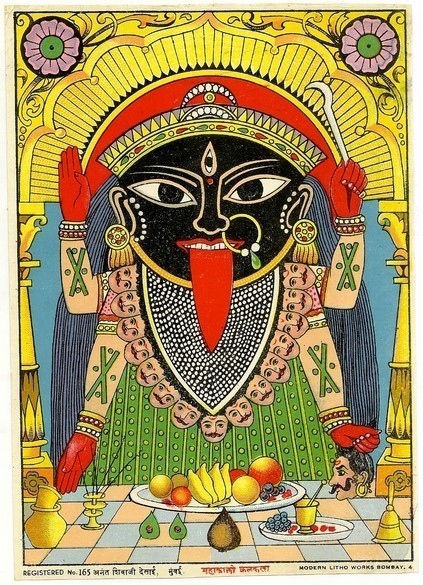
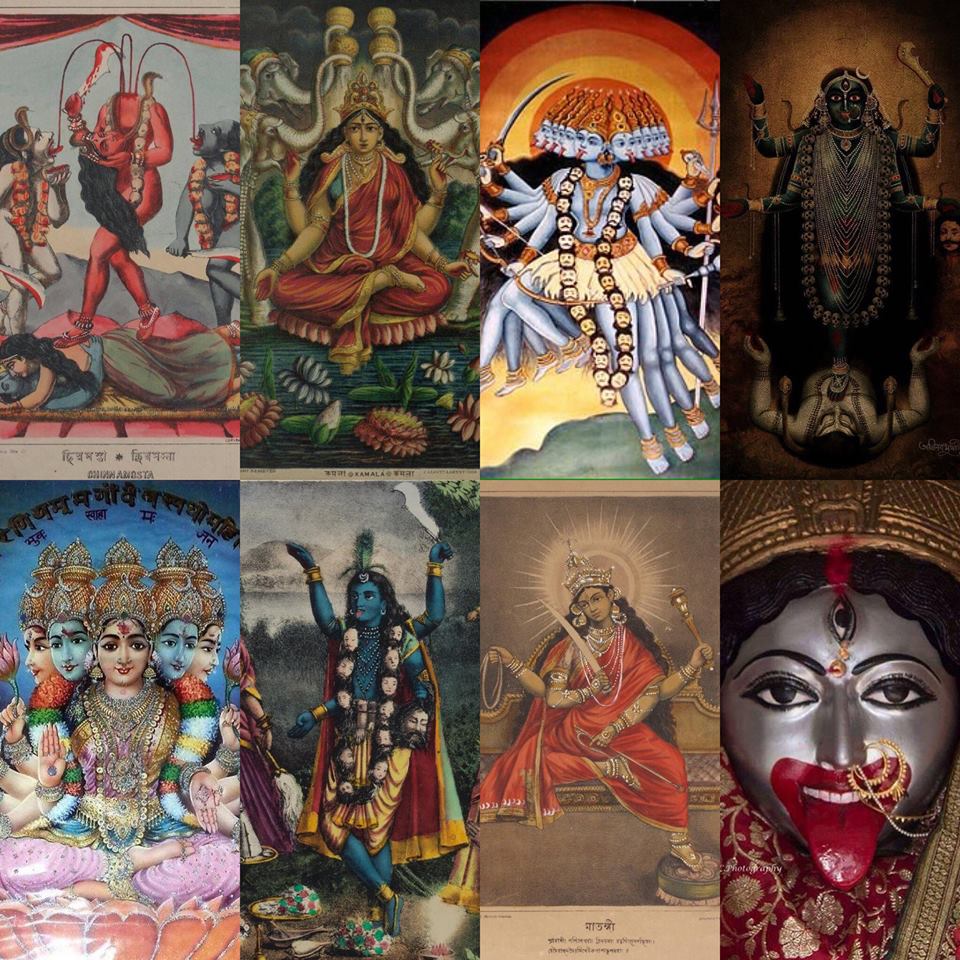
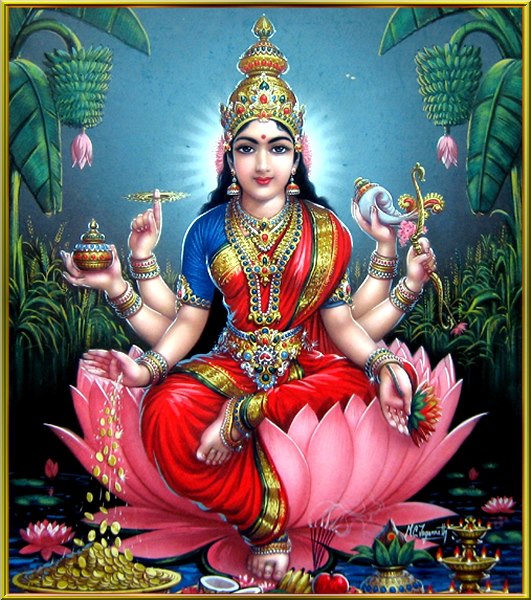
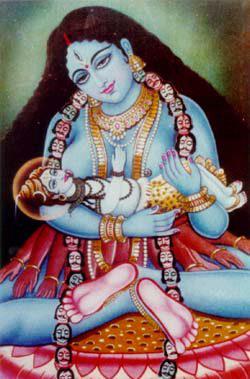
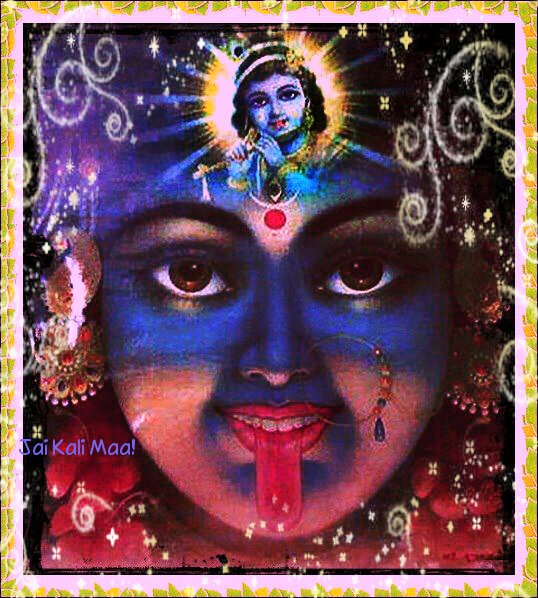
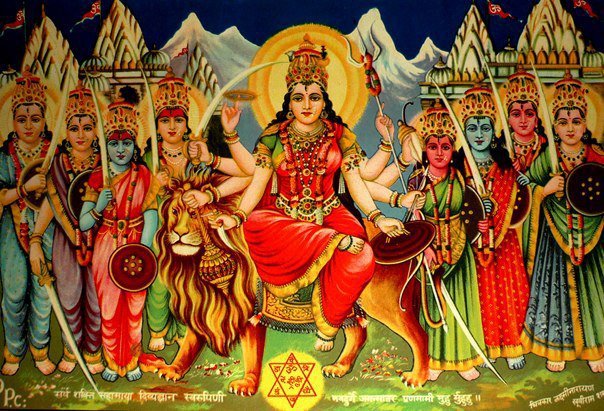
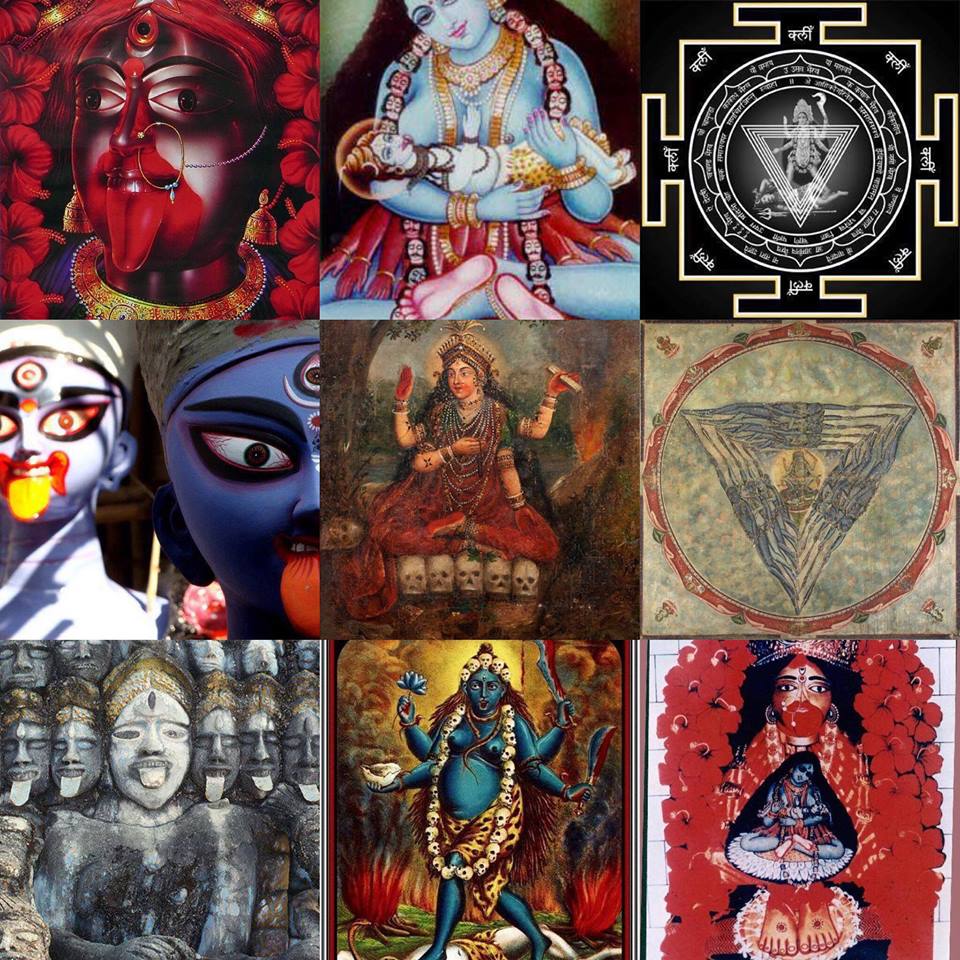
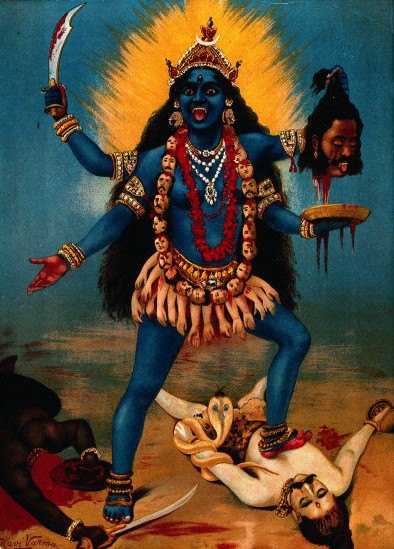
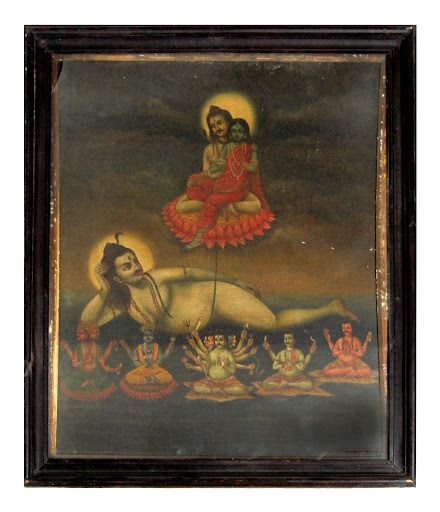
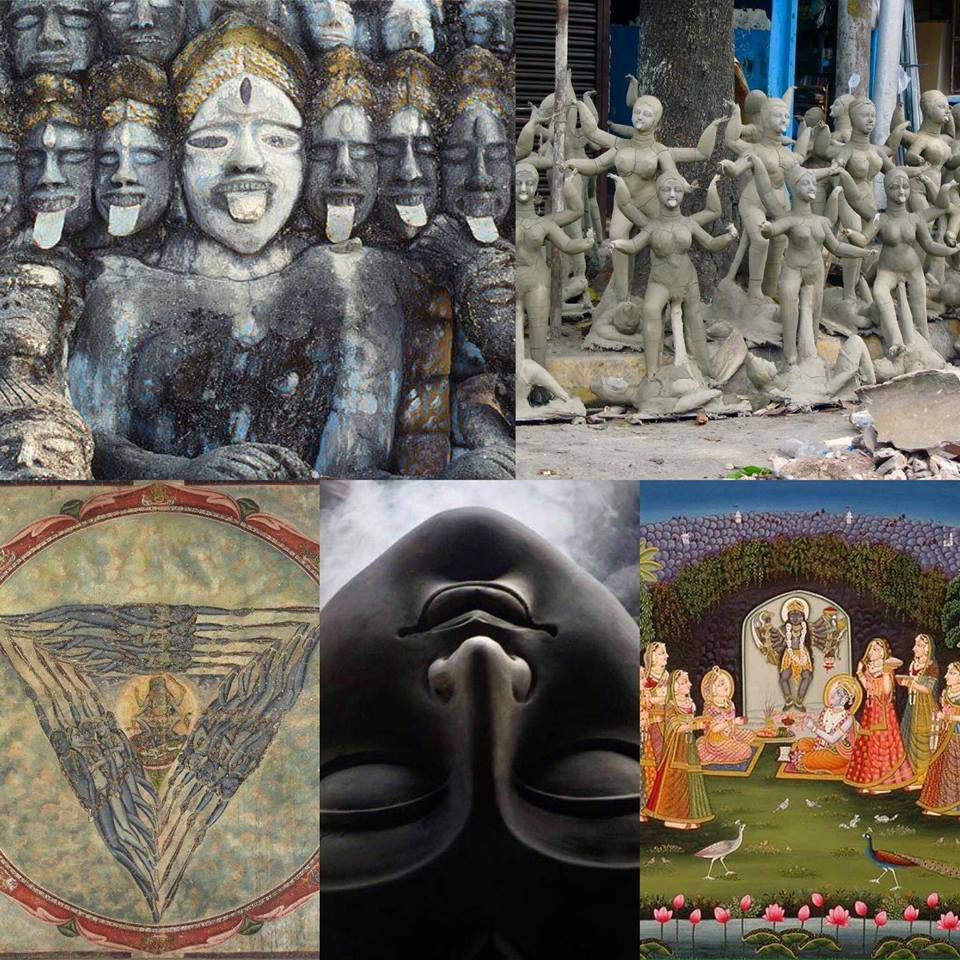
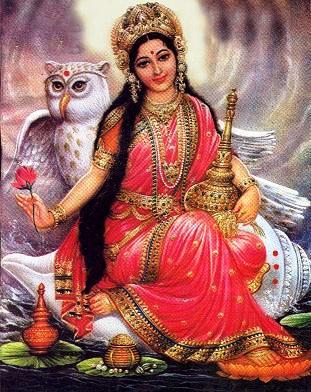
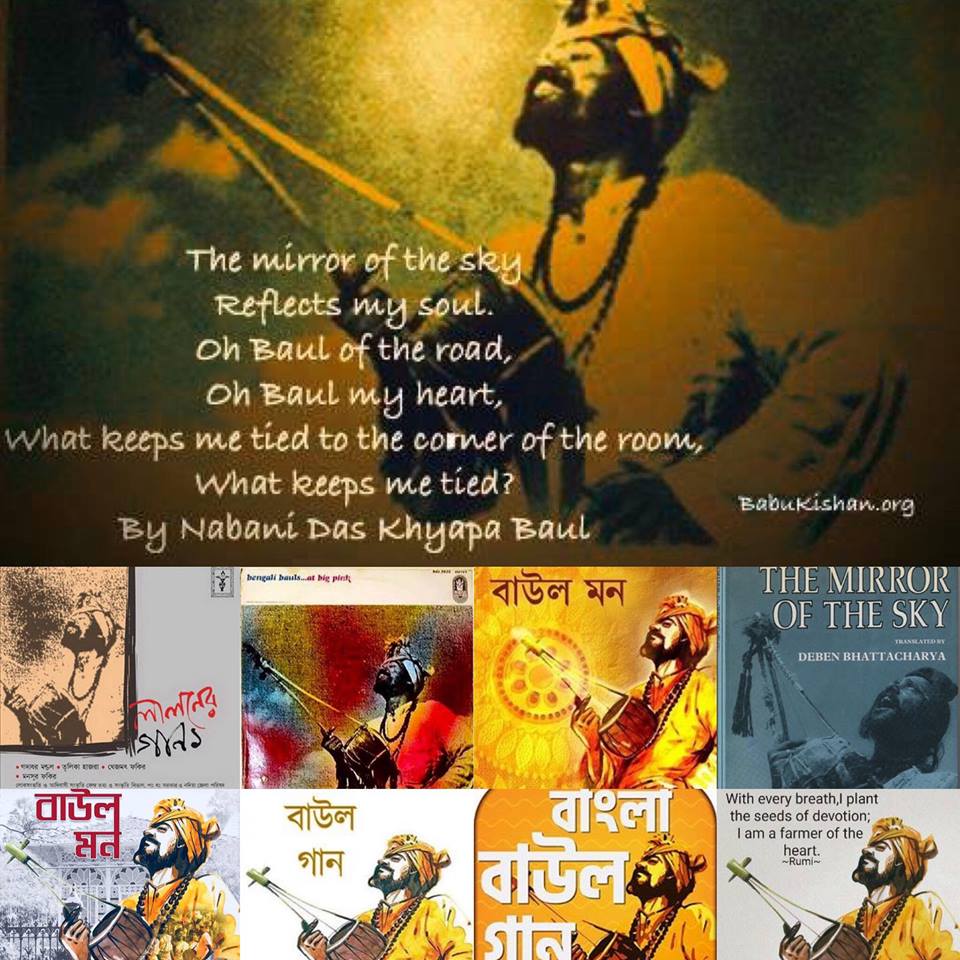
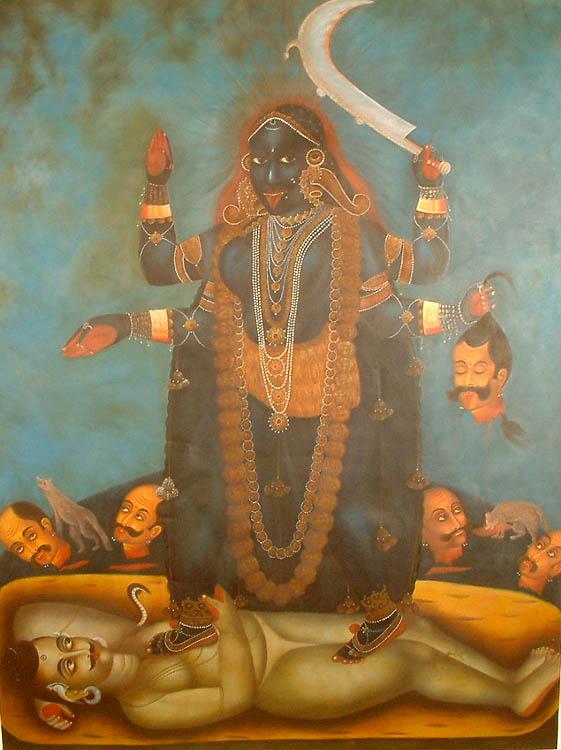
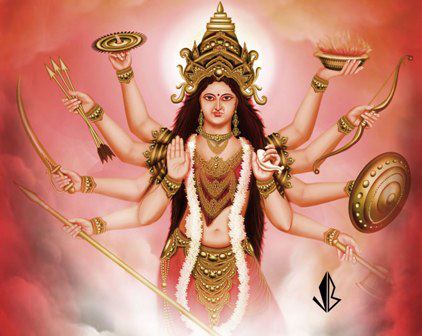
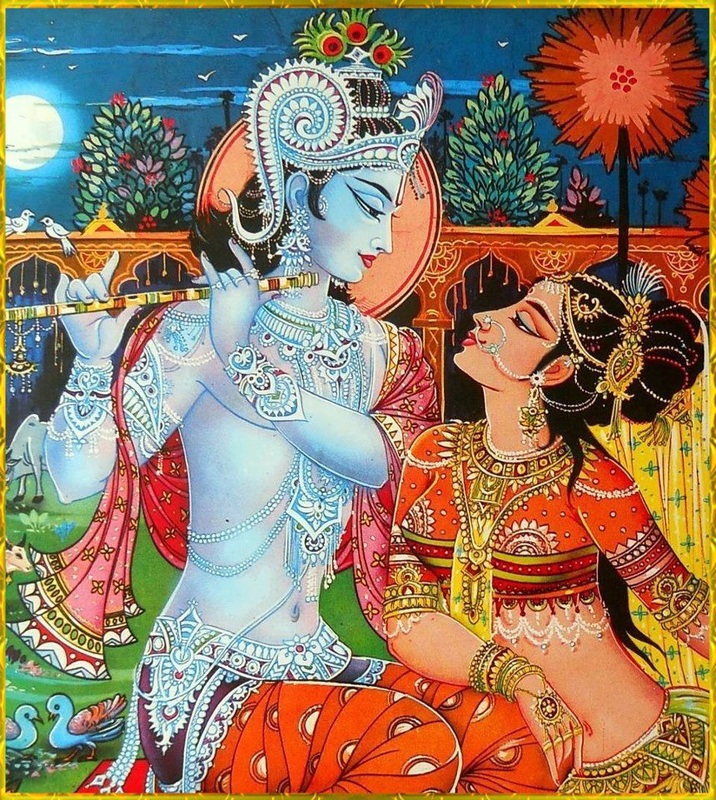
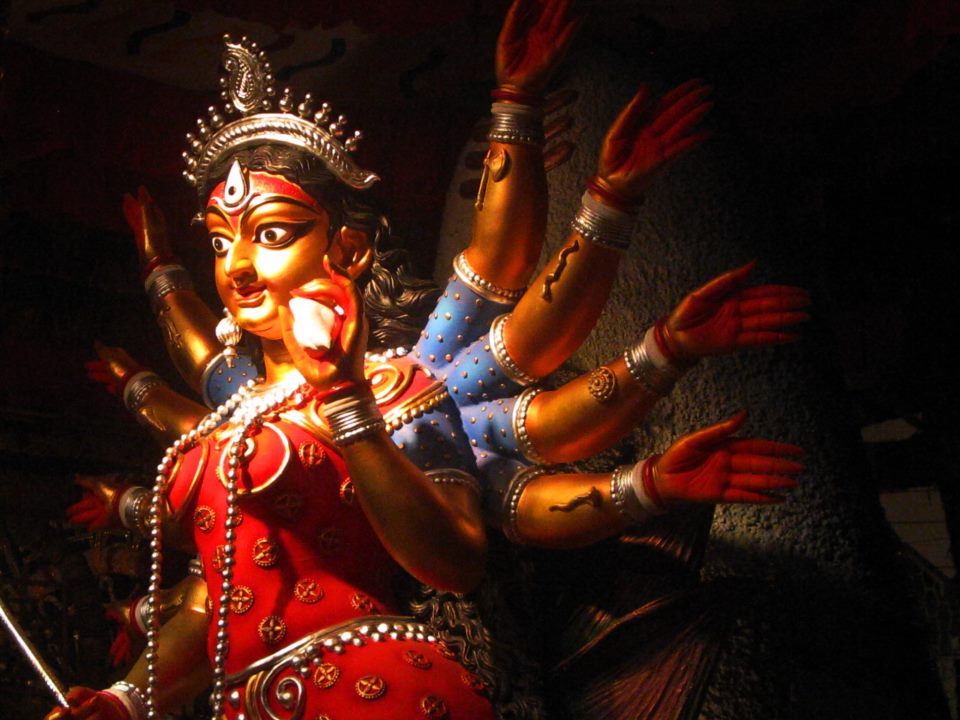
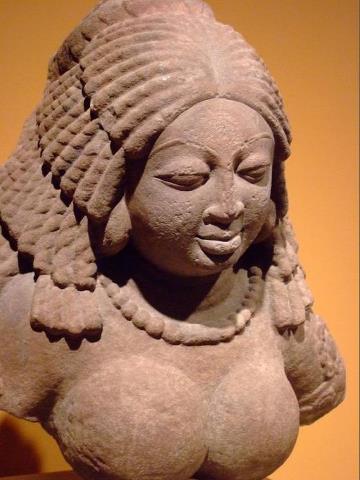
 RSS Feed
RSS Feed
